Ca Tru Art - UNESCO's Intangible Cultural Heritage is a traditional Vietnamese music form with a long history. Ca Tru includes elements such as singing, rhythm, instruments and lyrics. Ca Tru is usually performed by a small group of singers and instrumentalists.
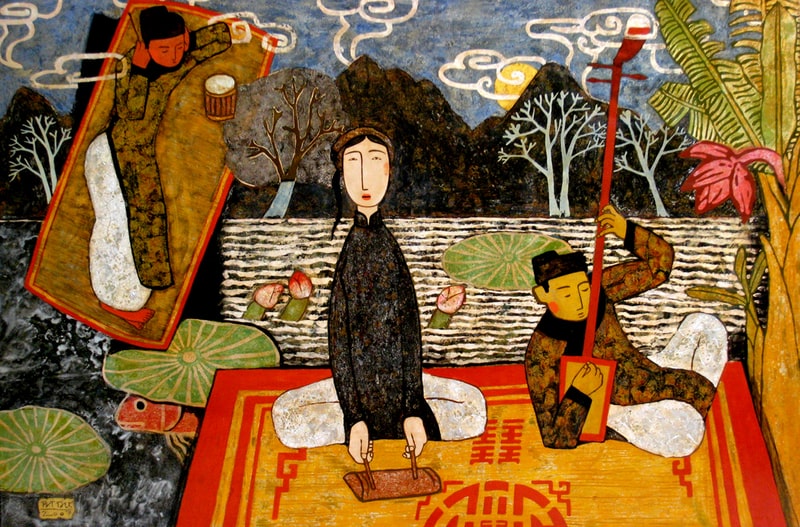 Ca Tru art
Ca Tru art originated in the villages and rural areas of Northern Vietnam from the 11th-12th century. The peak of
Ca Tru art was created and developed in Confucian families and the aristocracy, from there spreading to large cities and becoming an important part of the musical life of Vietnamese society. A
Ca Tru performance is not only refined, talented, elegant but also luxurious and noble, similar to the traditional Japanese Geisha art and the dramatic performances of Western Operas.
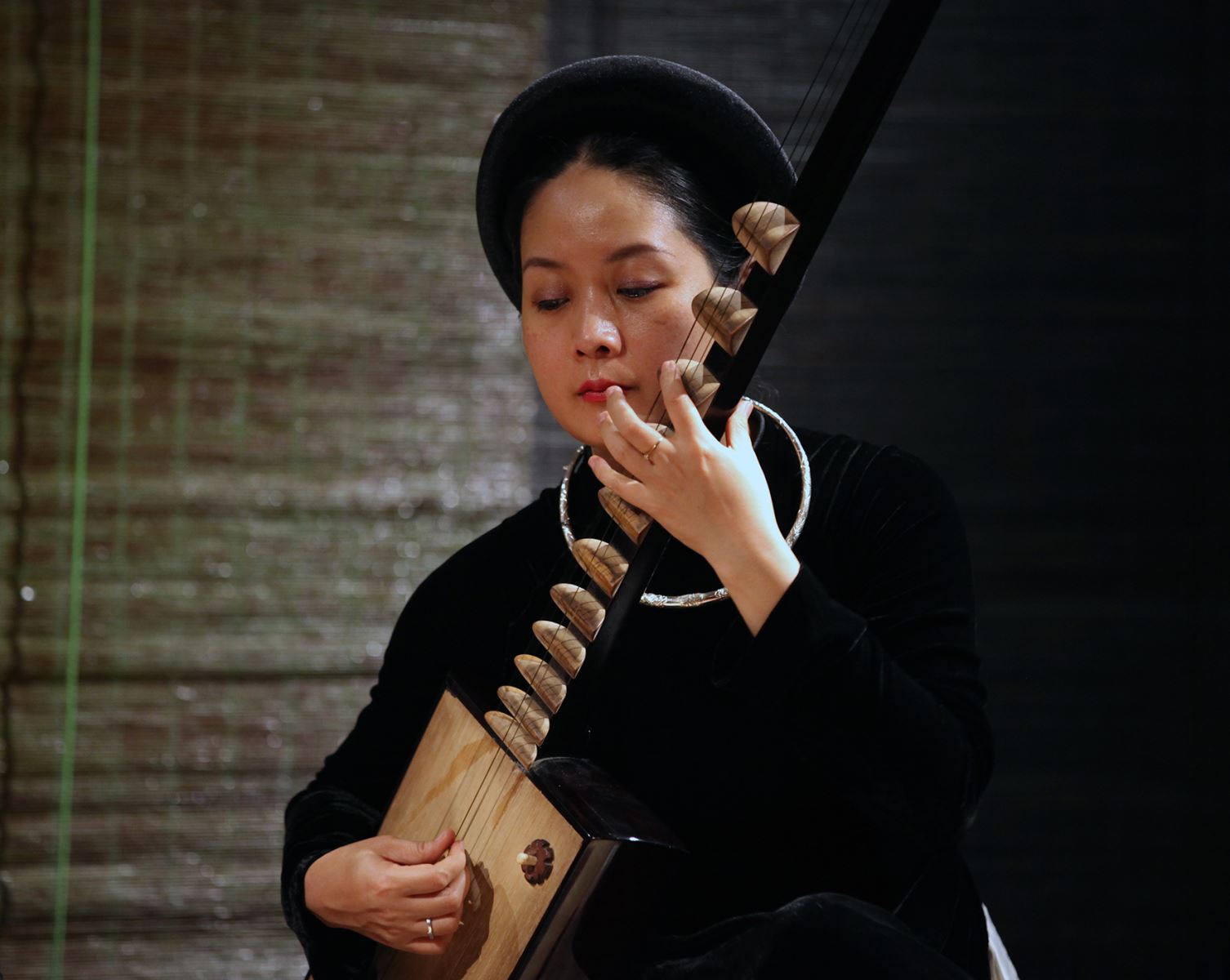 Ca Tru
Ca Tru also has other names such as: A dao, dao nuong ca, co dau (singing at ca quan), nha tro (singing at communal houses, temples, shrines), nha to (singing at mandarin's palaces, private homes of noble families), cua quyen (in the palace)... Depending on each performance space,
Ca Tru art will have its own singing style and performance method. The uniqueness of
Ca Tru is because it is a comprehensive art form, a diverse, sophisticated, and smooth combination of poetry, music, and sometimes dance and performance.
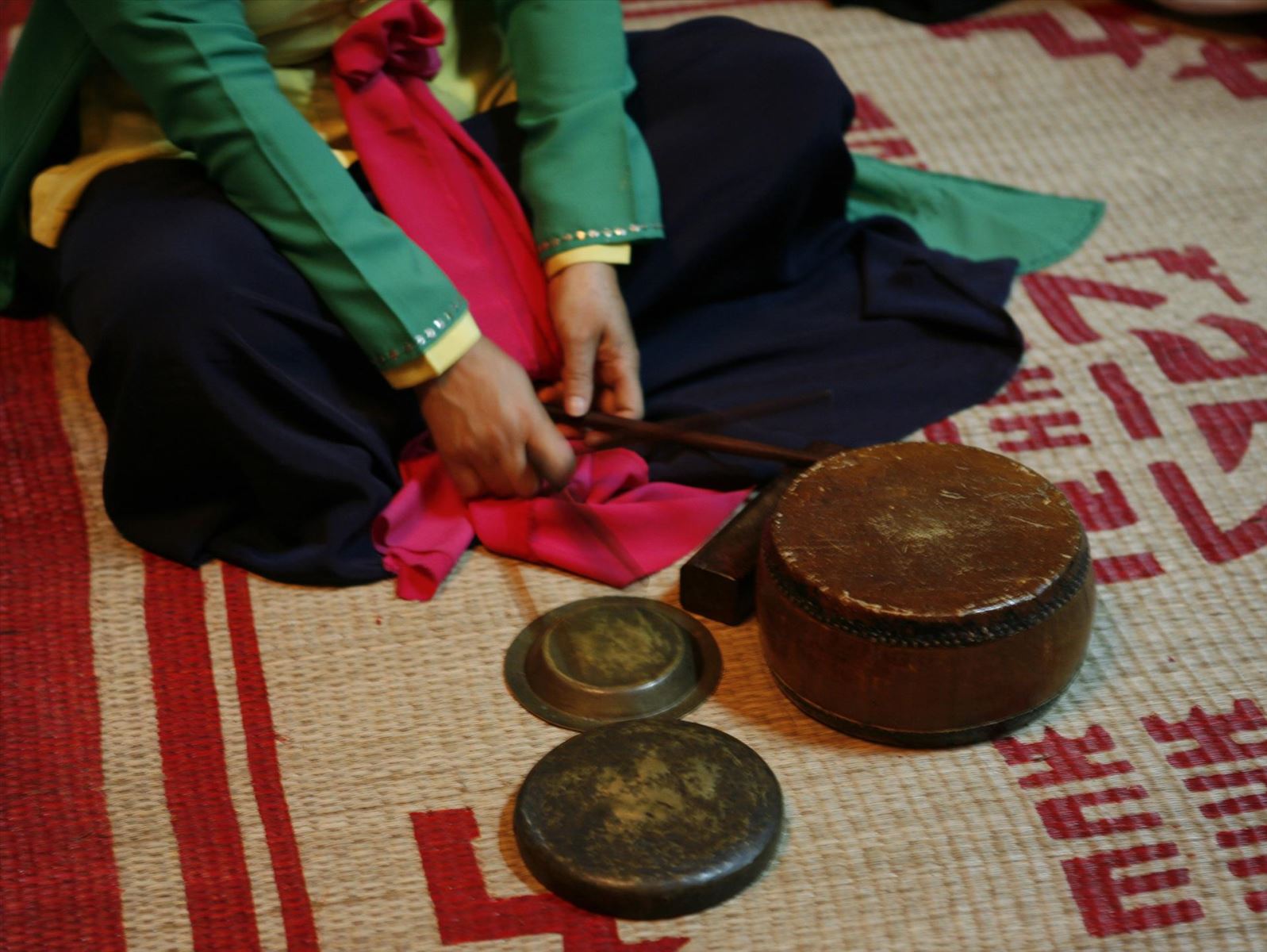
There are at least 3 people participating in a
Ca Tru performance:
• A singer who is always a woman (called "dao" or "ca nuong") sings in a spoken style and beats the beat (a clapper is a musical instrument made of wood or bamboo, beaten with 2 sticks).
• A male musician (called "kep") accompanies the singer on the Dan day. The Dan day is an ancient, long instrument with 3 silk strings and 10 frets.
• In addition, there is also a drummer or a person who plays the drum (called “quan vien”, usually the author of the song). The appreciation that the “quan vien” gives to the singer or the song is expressed through the way the drum is played. The “quan vien” hits the drum many times to express satisfaction. If the singer is not satisfied with the singer, the “quan vien” hits the drum twice.
.jpg)
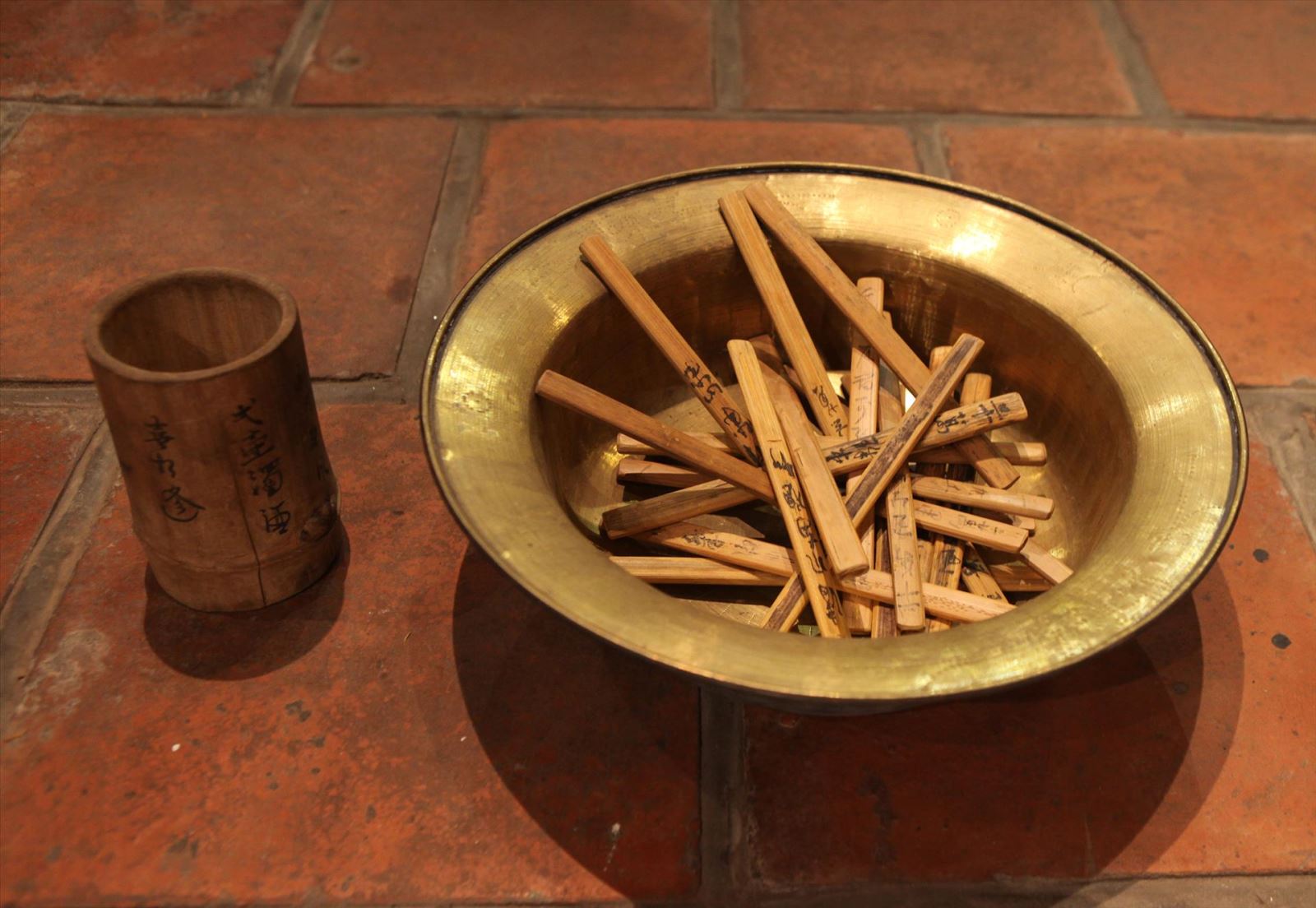
When hearing a good singing performance, the quan vien will hit the drum. Every time the singing is considered good, the drum will sound in response to a reward card (tru) thrown into the box, hence the name of
ca tru singing. Tru is a card made of bamboo, on which is written an amount of money (or an implicit agreement that each card corresponds to a sum of money), used to reward the singer and the actor right during the performance instead of rewarding them in cash; at the end of the singing session, the amount of money paid to the singer and the actor or the guild (organizing unit) will be calculated based on the number of cards. The person who decides on this reward is the mandarin (the audience) who uses the drum (called the drumman). The sound of the drum shows the level of the audience (mandarin) in front of the talent of the performer. The mandarin holding the drum plays the role of a sound judge; the sound of the drum is sometimes mixed with the sound of the drum to praise the verse, the voice, and the sound of the instrument.
Ca Tru is quite selective of its audience and to enjoy this art form is not easy, requiring the audience to have some knowledge of Ca Tru. The performers of
Ca Tru art are also artists who have been trained for many years and not everyone can quickly get into the role. Besides its artistic value,
Ca Tru also has a social and entertaining character because the content often depicts stories from everyday life to etiquette and diplomacy. Today, Ca Tru art is popular in 15 provinces and cities of Vietnam.

 Ca Tru also has other names such as: A dao, dao nuong ca, co dau (singing at ca quan), nha tro (singing at communal houses, temples, shrines), nha to (singing at mandarin's palaces, private homes of noble families), cua quyen (in the palace)... Depending on each performance space, Ca Tru art will have its own singing style and performance method. The uniqueness of Ca Tru is because it is a comprehensive art form, a diverse, sophisticated, and smooth combination of poetry, music, and sometimes dance and performance.
Ca Tru also has other names such as: A dao, dao nuong ca, co dau (singing at ca quan), nha tro (singing at communal houses, temples, shrines), nha to (singing at mandarin's palaces, private homes of noble families), cua quyen (in the palace)... Depending on each performance space, Ca Tru art will have its own singing style and performance method. The uniqueness of Ca Tru is because it is a comprehensive art form, a diverse, sophisticated, and smooth combination of poetry, music, and sometimes dance and performance. There are at least 3 people participating in a Ca Tru performance:
There are at least 3 people participating in a Ca Tru performance:.jpg)
 When hearing a good singing performance, the quan vien will hit the drum. Every time the singing is considered good, the drum will sound in response to a reward card (tru) thrown into the box, hence the name of ca tru singing. Tru is a card made of bamboo, on which is written an amount of money (or an implicit agreement that each card corresponds to a sum of money), used to reward the singer and the actor right during the performance instead of rewarding them in cash; at the end of the singing session, the amount of money paid to the singer and the actor or the guild (organizing unit) will be calculated based on the number of cards. The person who decides on this reward is the mandarin (the audience) who uses the drum (called the drumman). The sound of the drum shows the level of the audience (mandarin) in front of the talent of the performer. The mandarin holding the drum plays the role of a sound judge; the sound of the drum is sometimes mixed with the sound of the drum to praise the verse, the voice, and the sound of the instrument.
When hearing a good singing performance, the quan vien will hit the drum. Every time the singing is considered good, the drum will sound in response to a reward card (tru) thrown into the box, hence the name of ca tru singing. Tru is a card made of bamboo, on which is written an amount of money (or an implicit agreement that each card corresponds to a sum of money), used to reward the singer and the actor right during the performance instead of rewarding them in cash; at the end of the singing session, the amount of money paid to the singer and the actor or the guild (organizing unit) will be calculated based on the number of cards. The person who decides on this reward is the mandarin (the audience) who uses the drum (called the drumman). The sound of the drum shows the level of the audience (mandarin) in front of the talent of the performer. The mandarin holding the drum plays the role of a sound judge; the sound of the drum is sometimes mixed with the sound of the drum to praise the verse, the voice, and the sound of the instrument.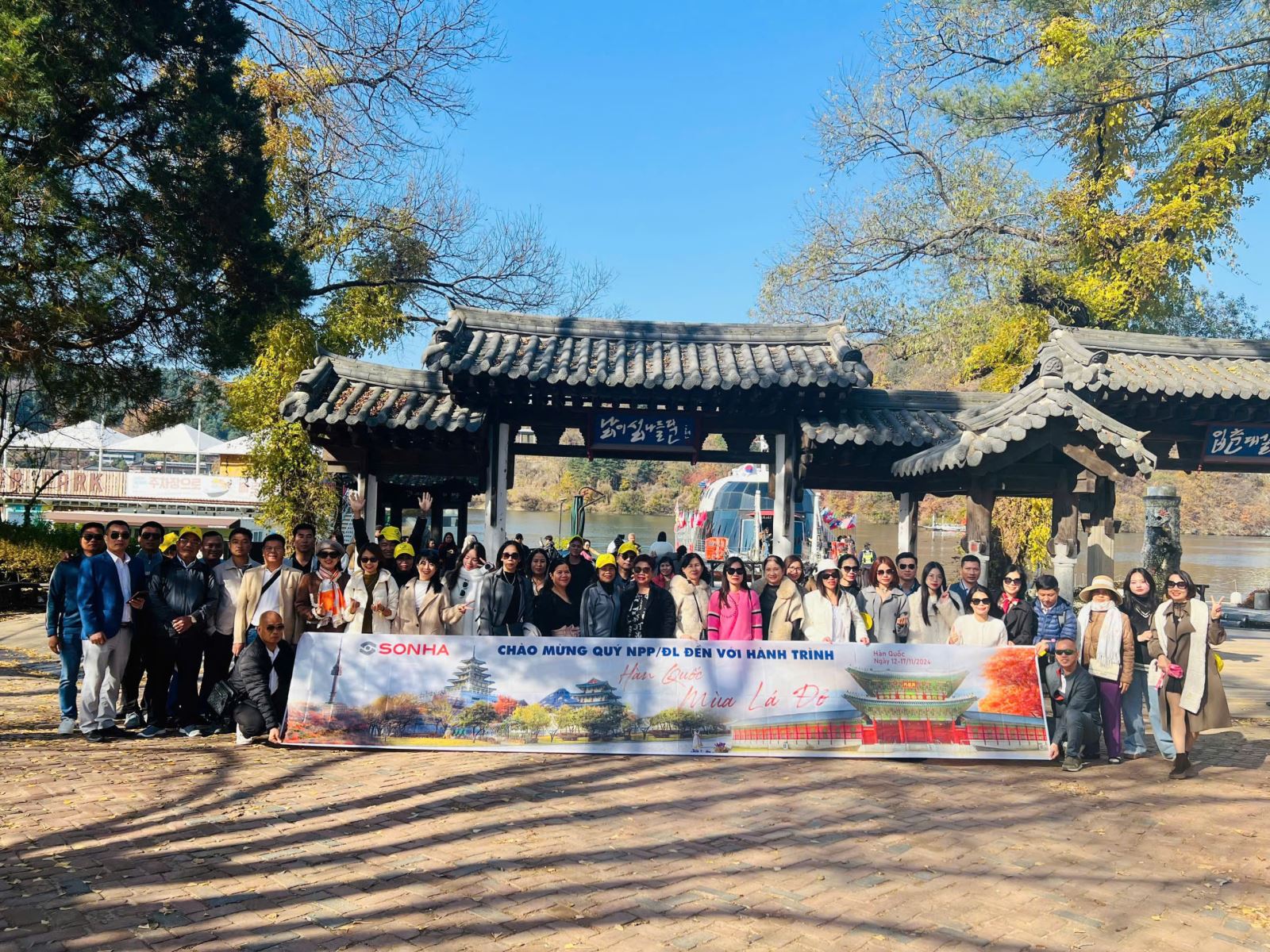











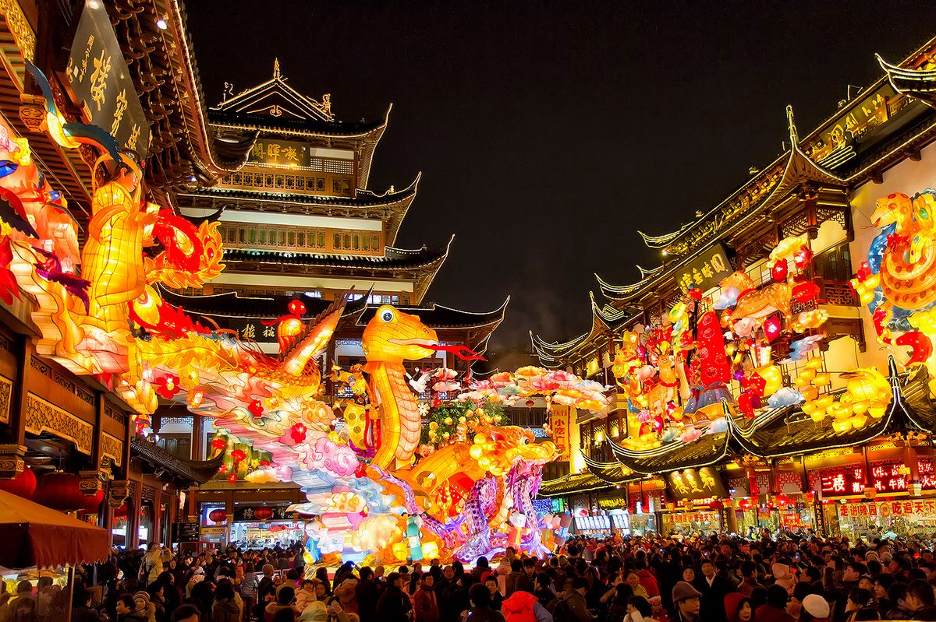
















.jpg)









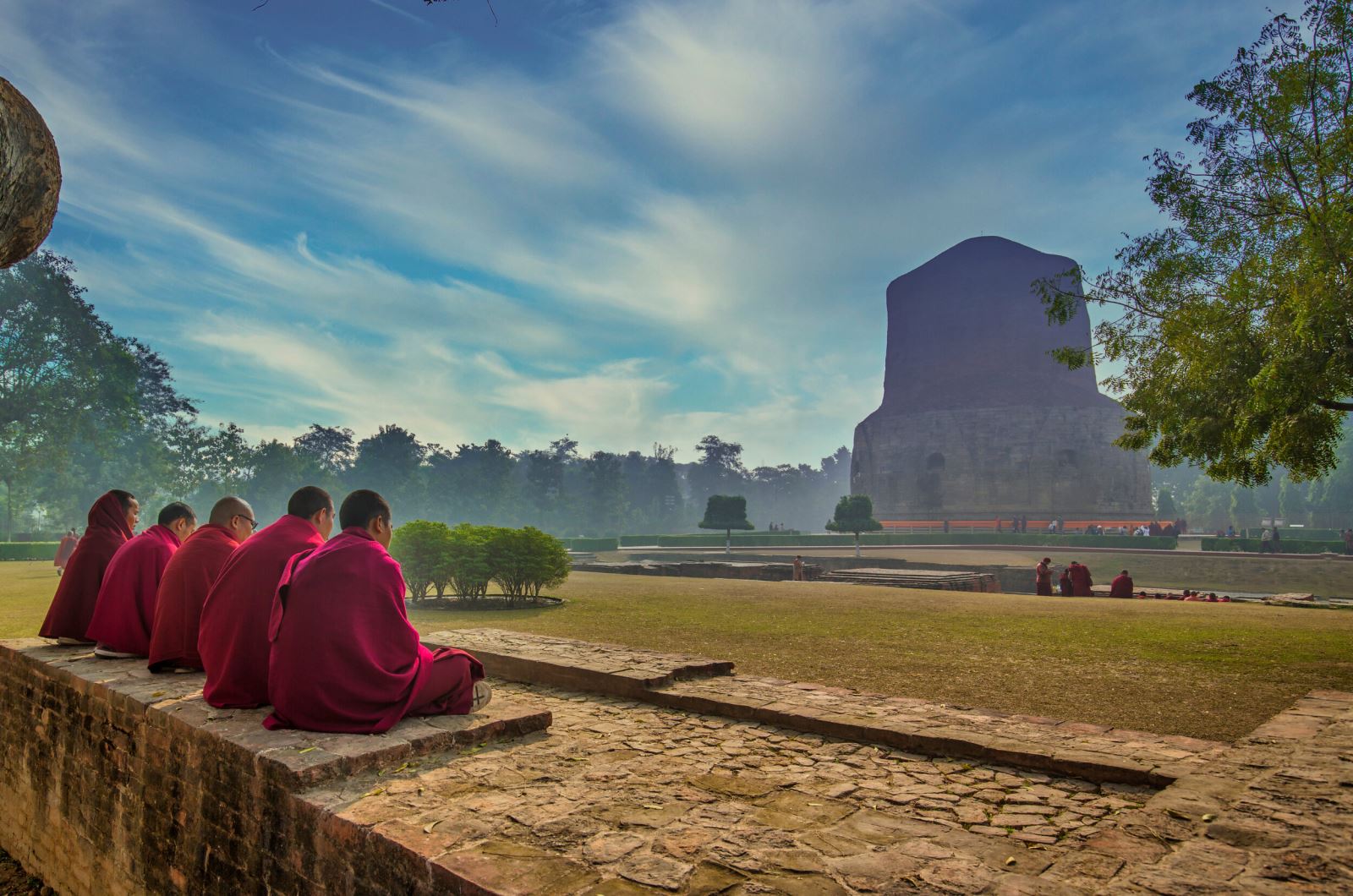






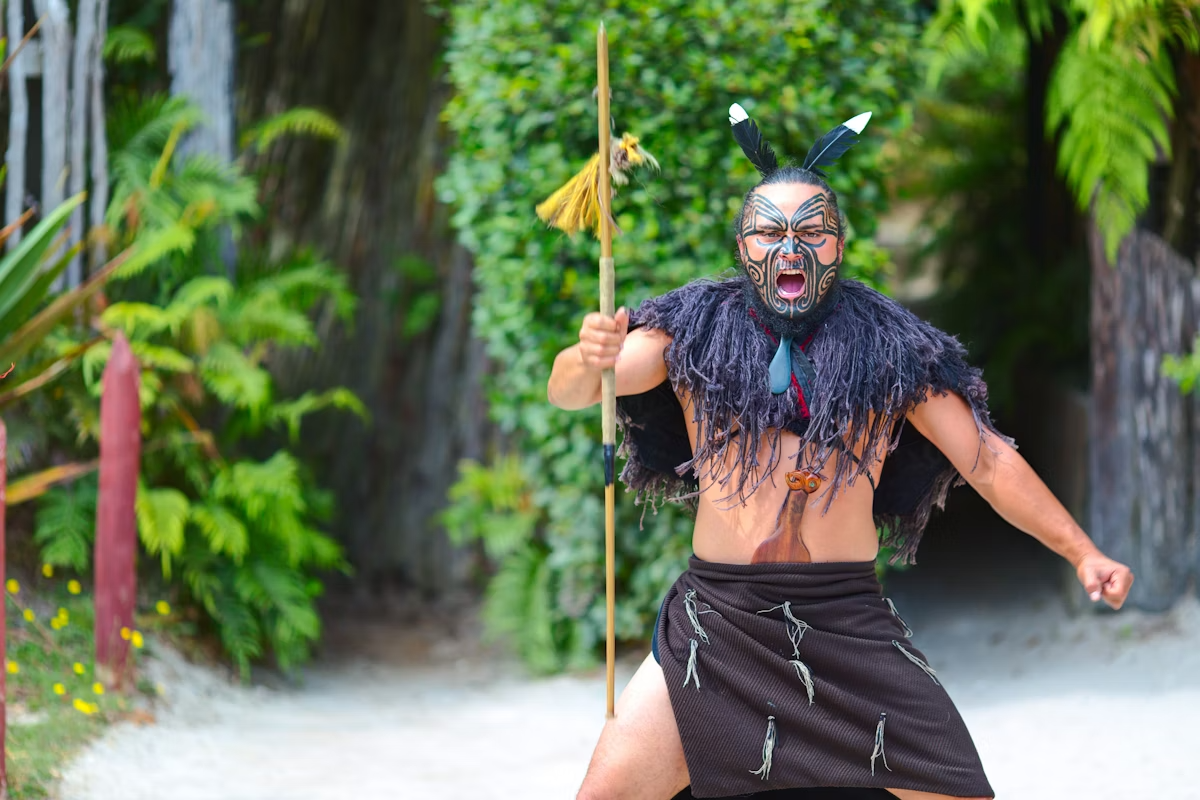













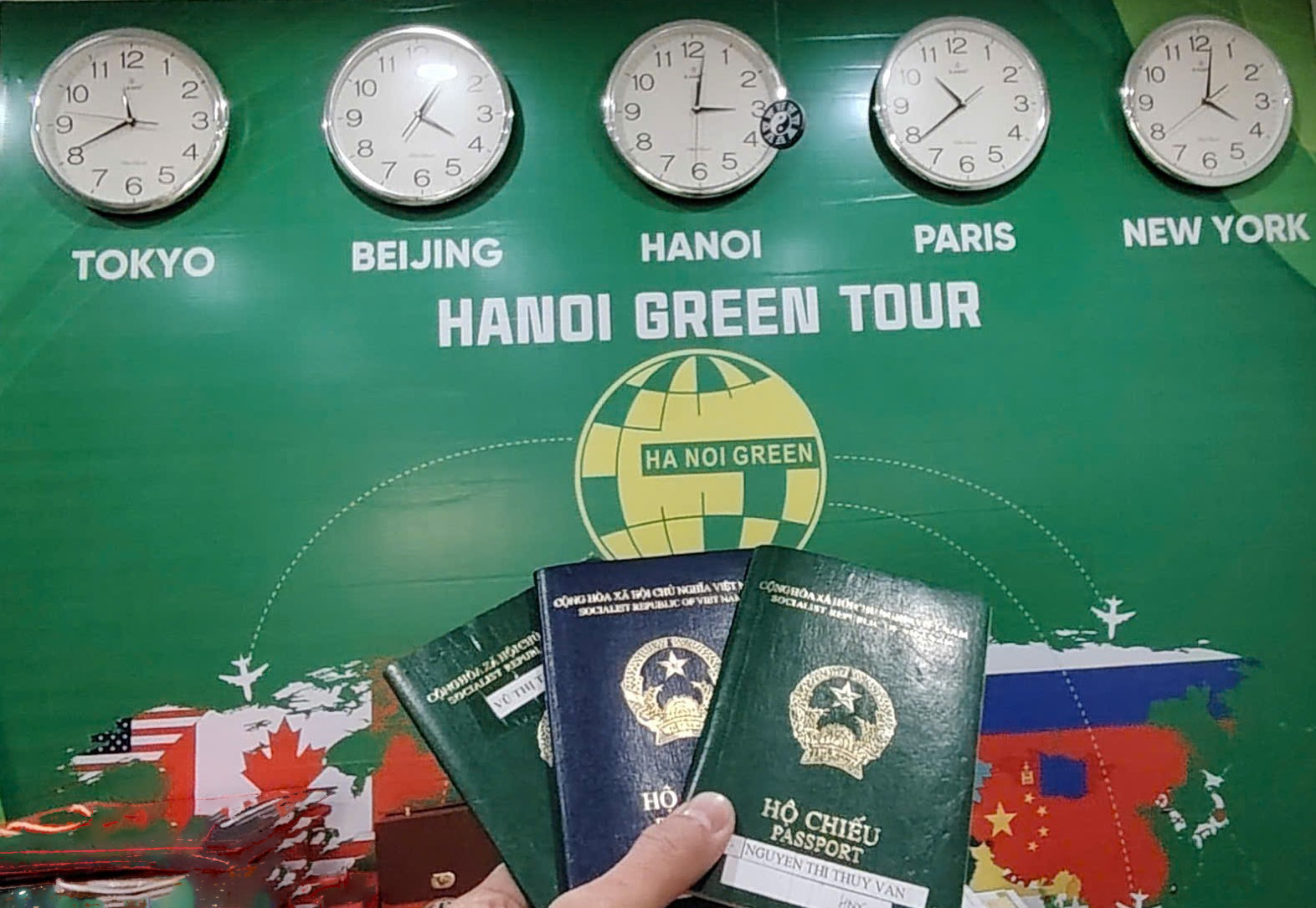








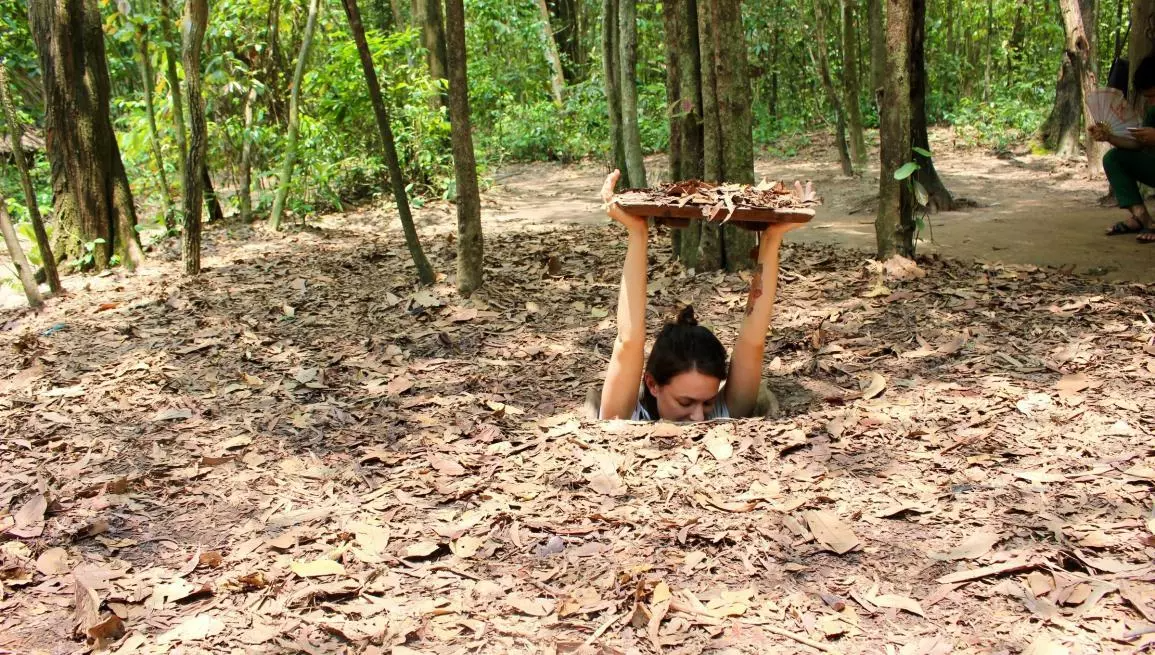

.jpg)








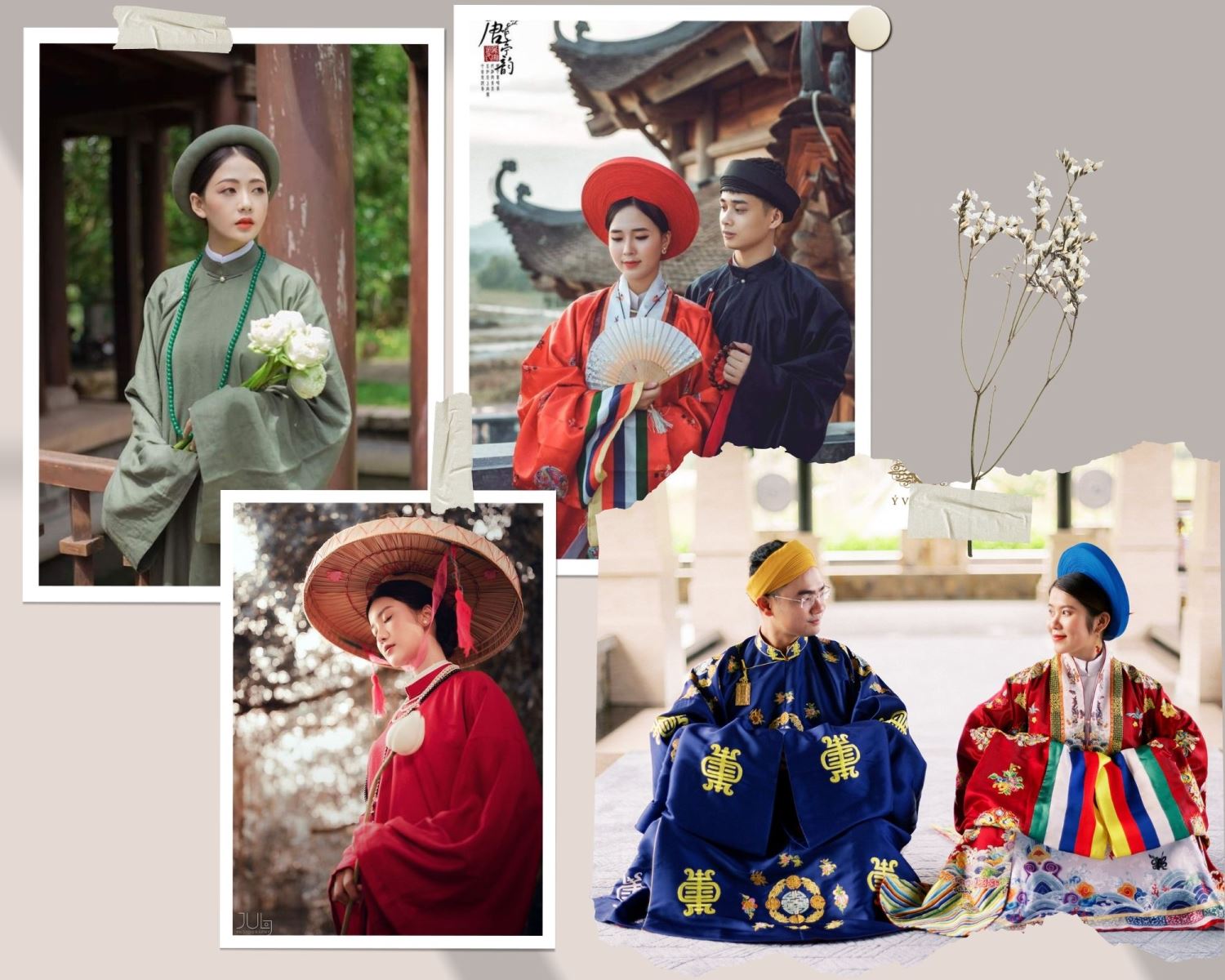
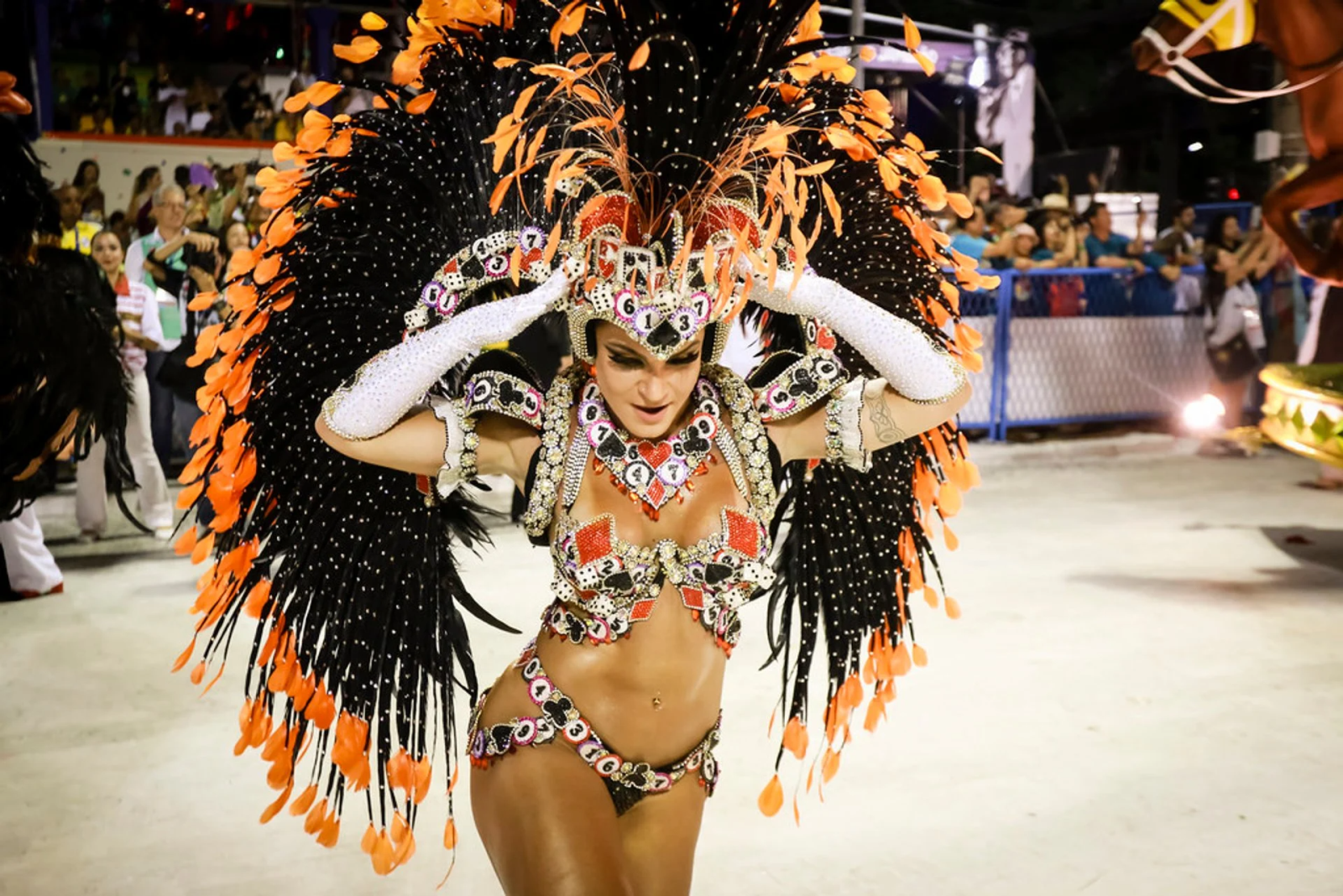

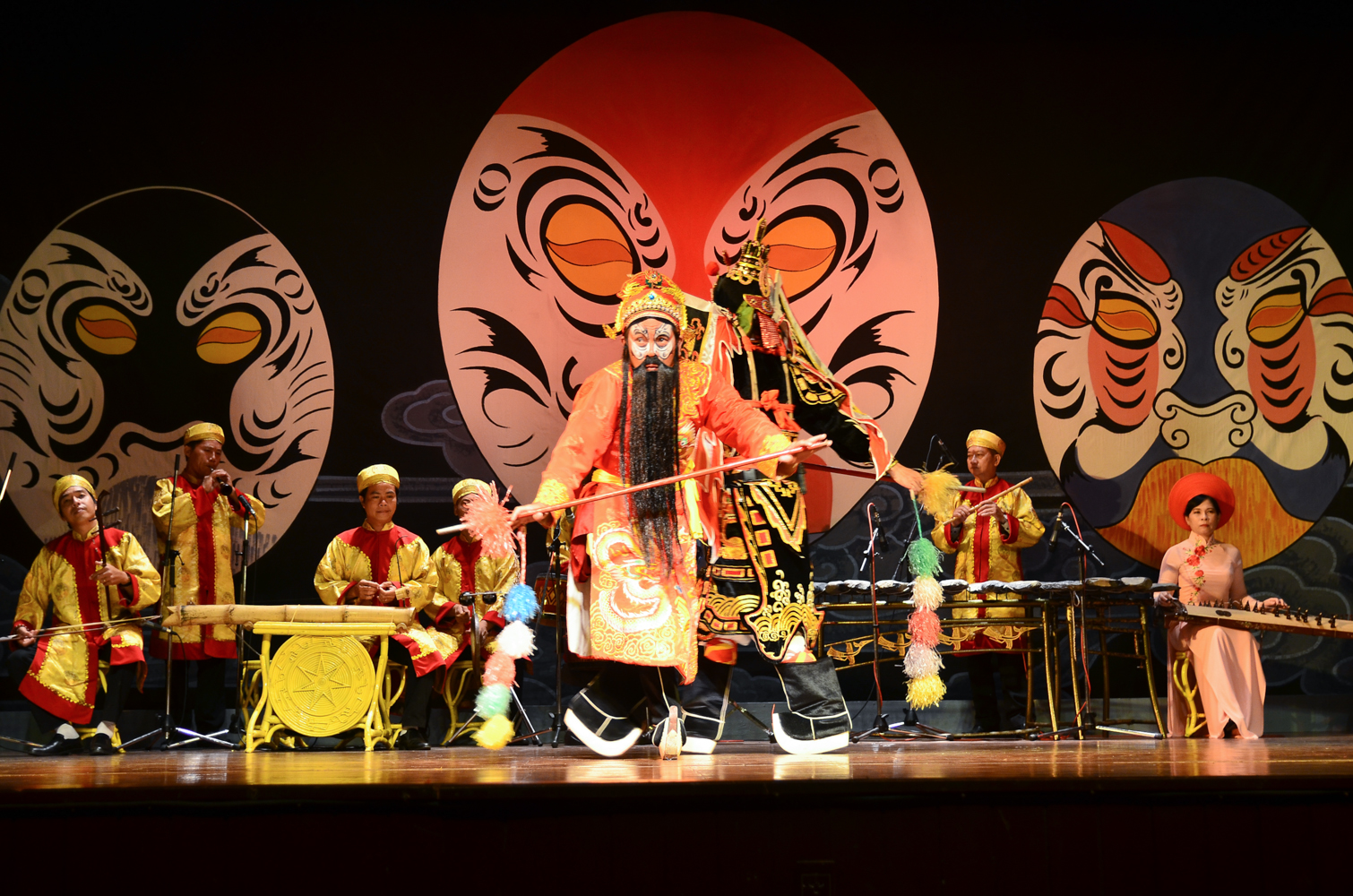



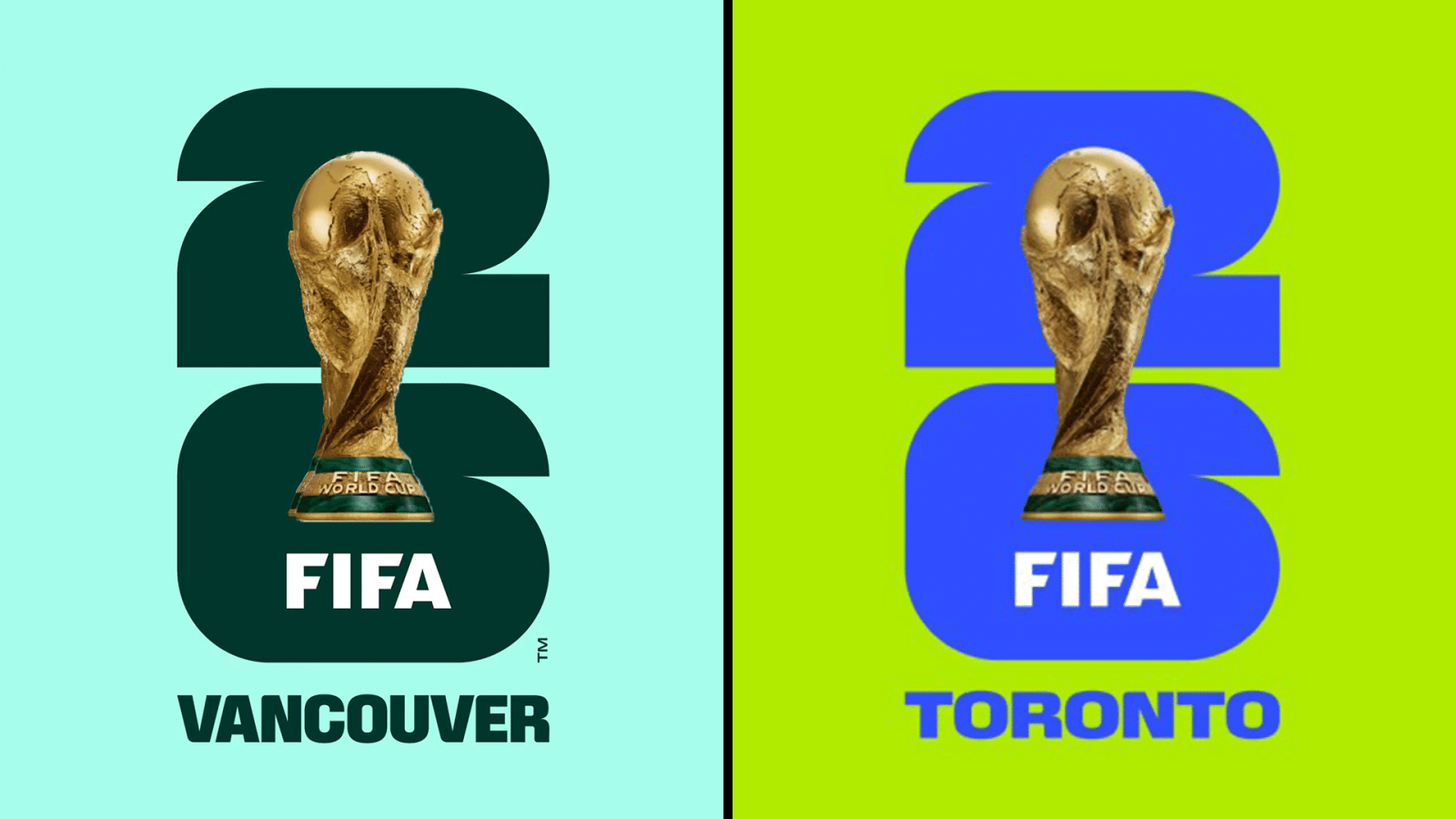








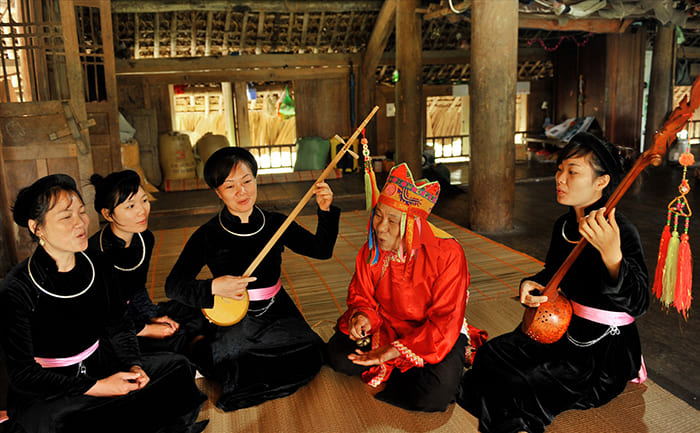



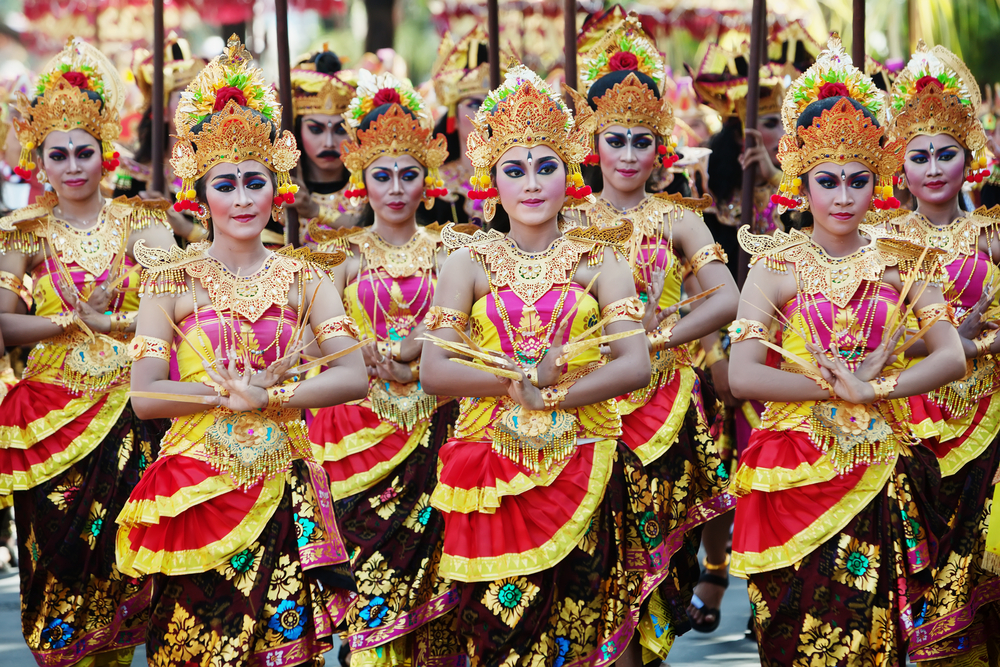
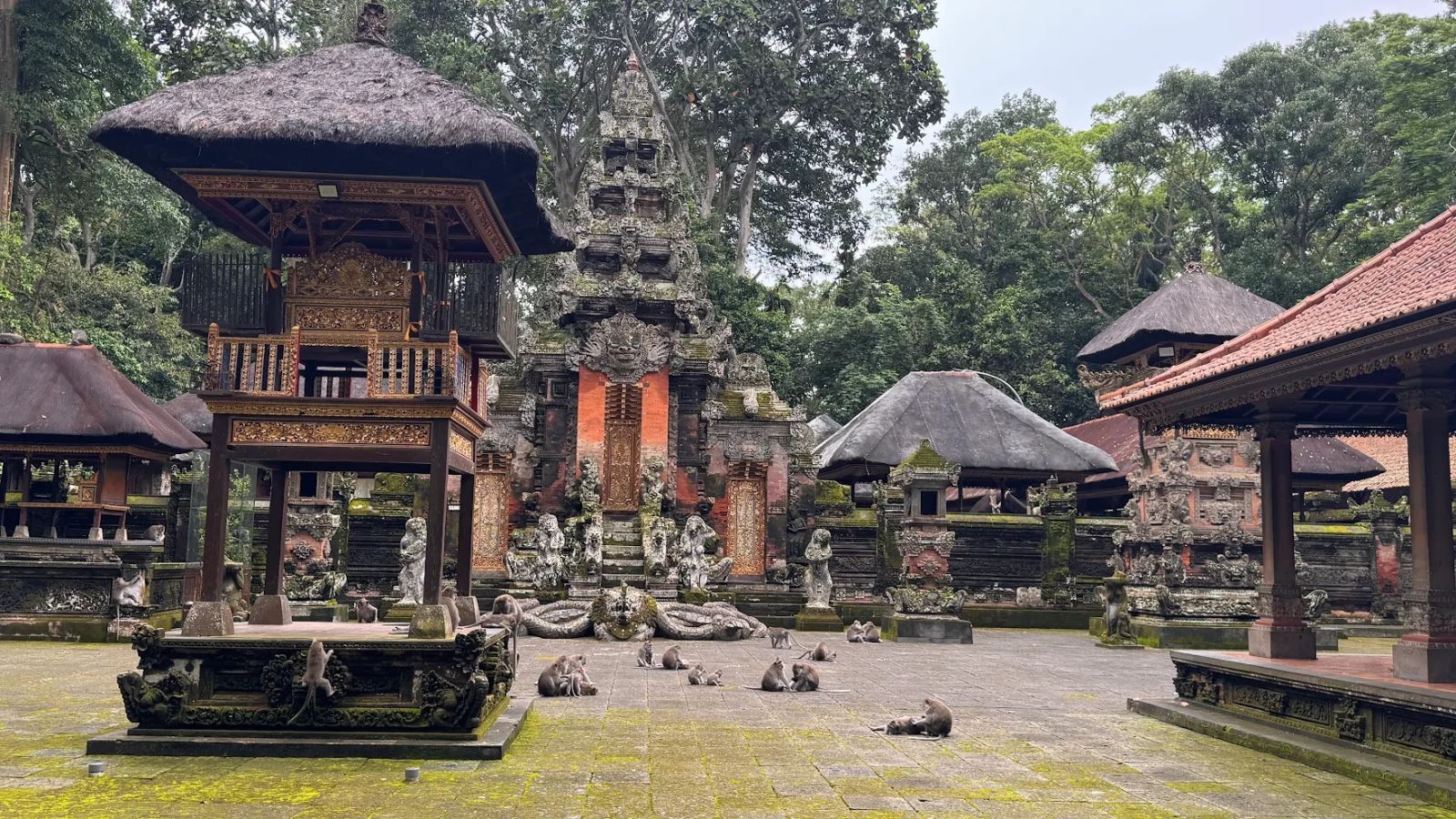




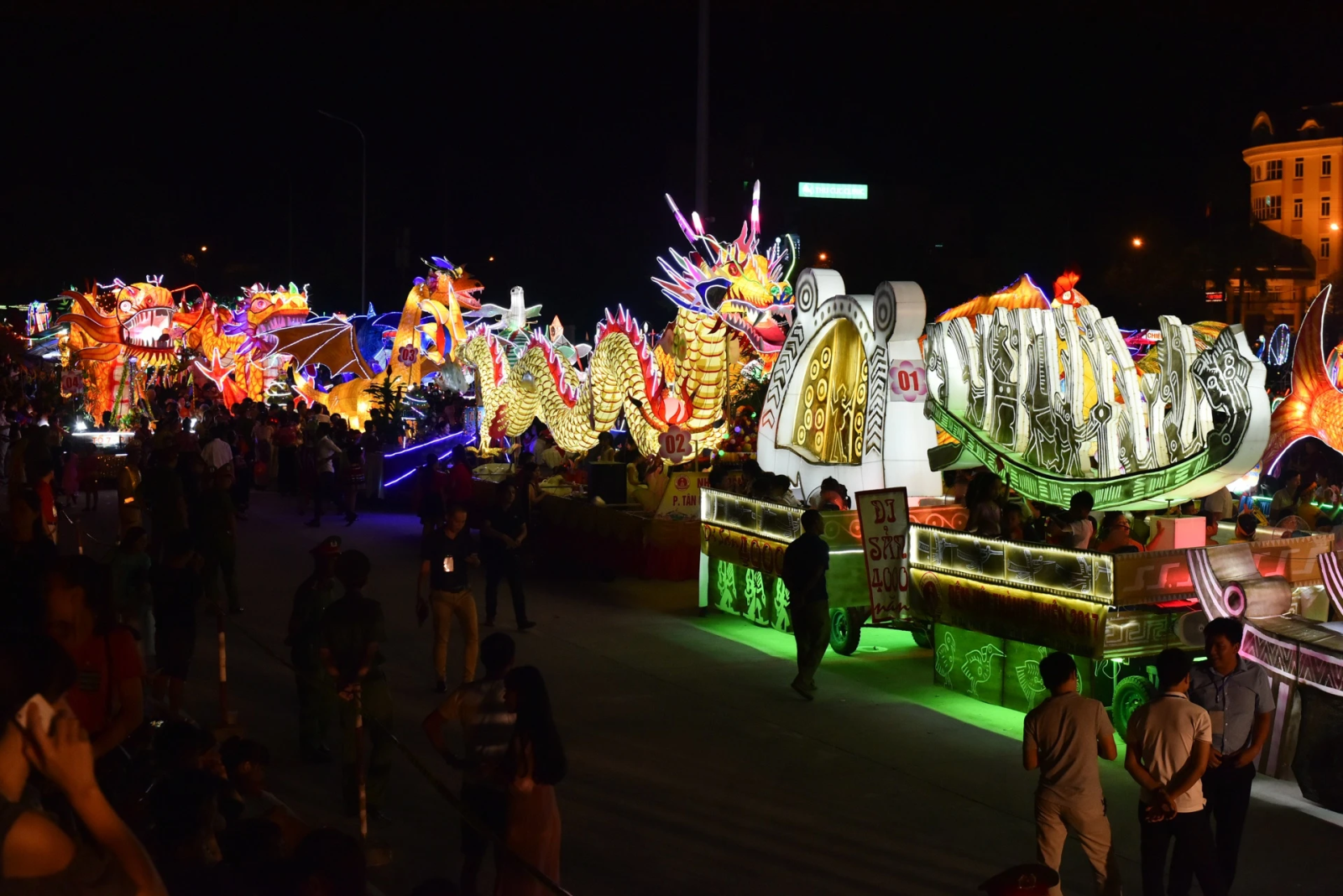
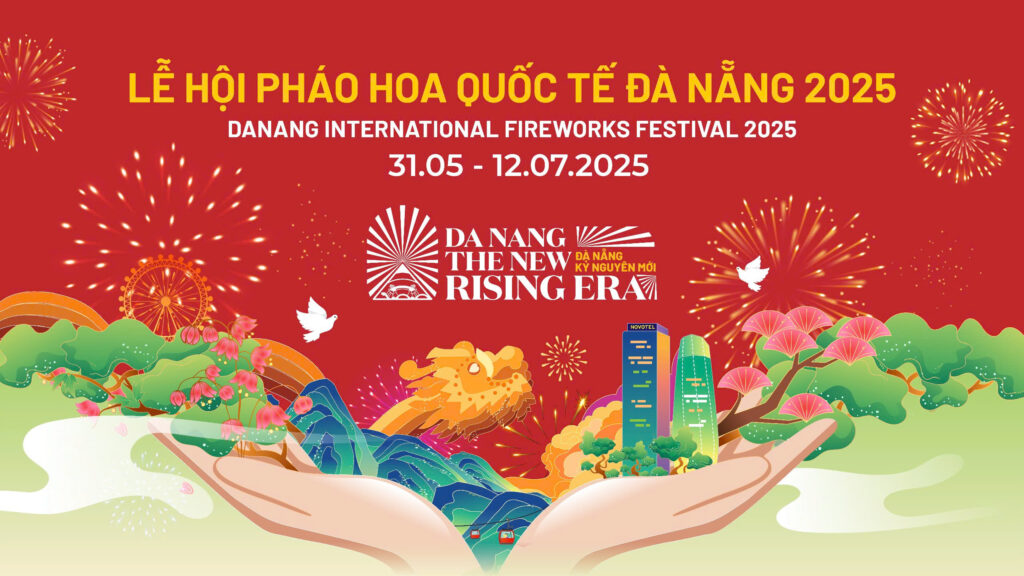
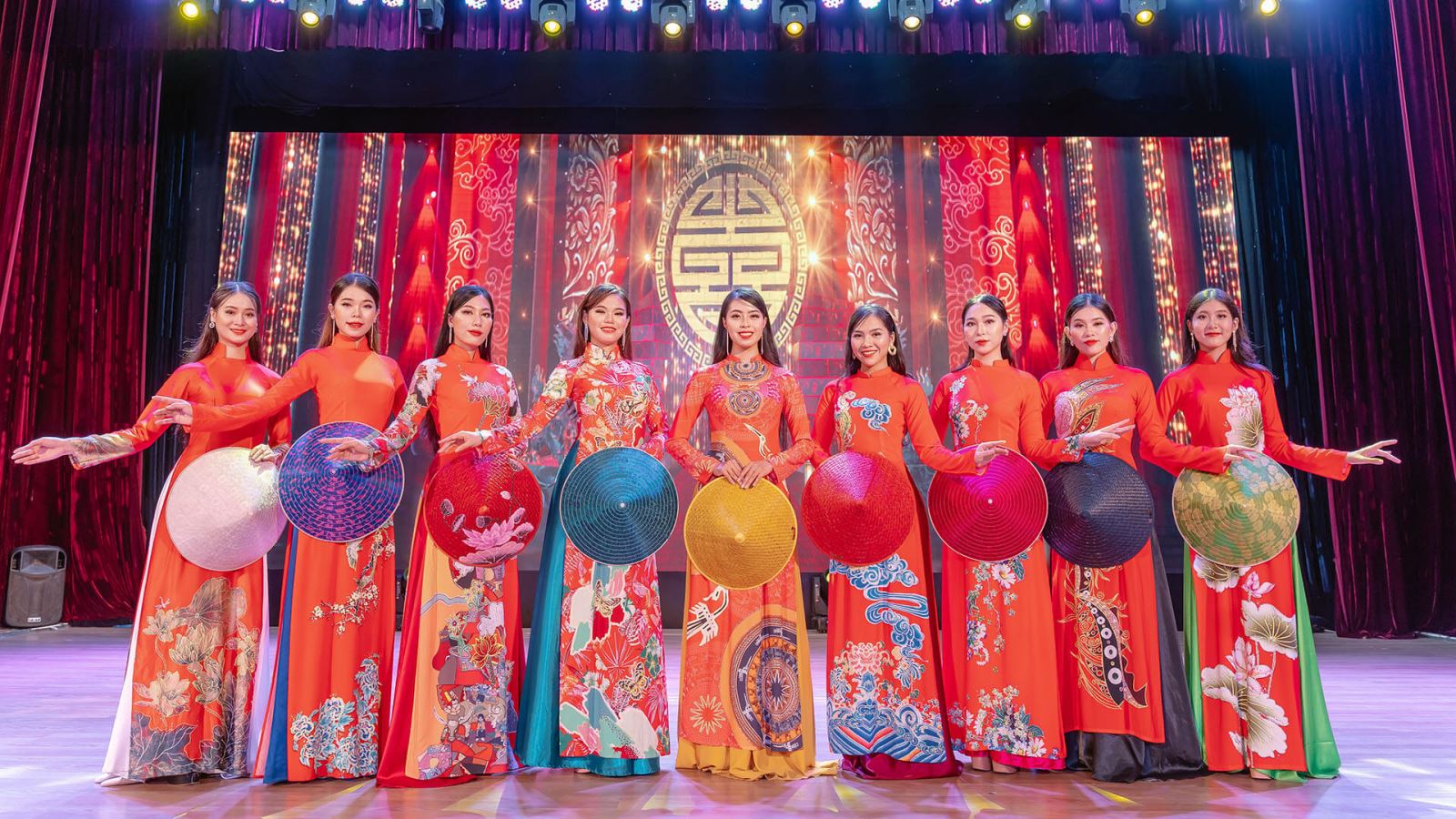


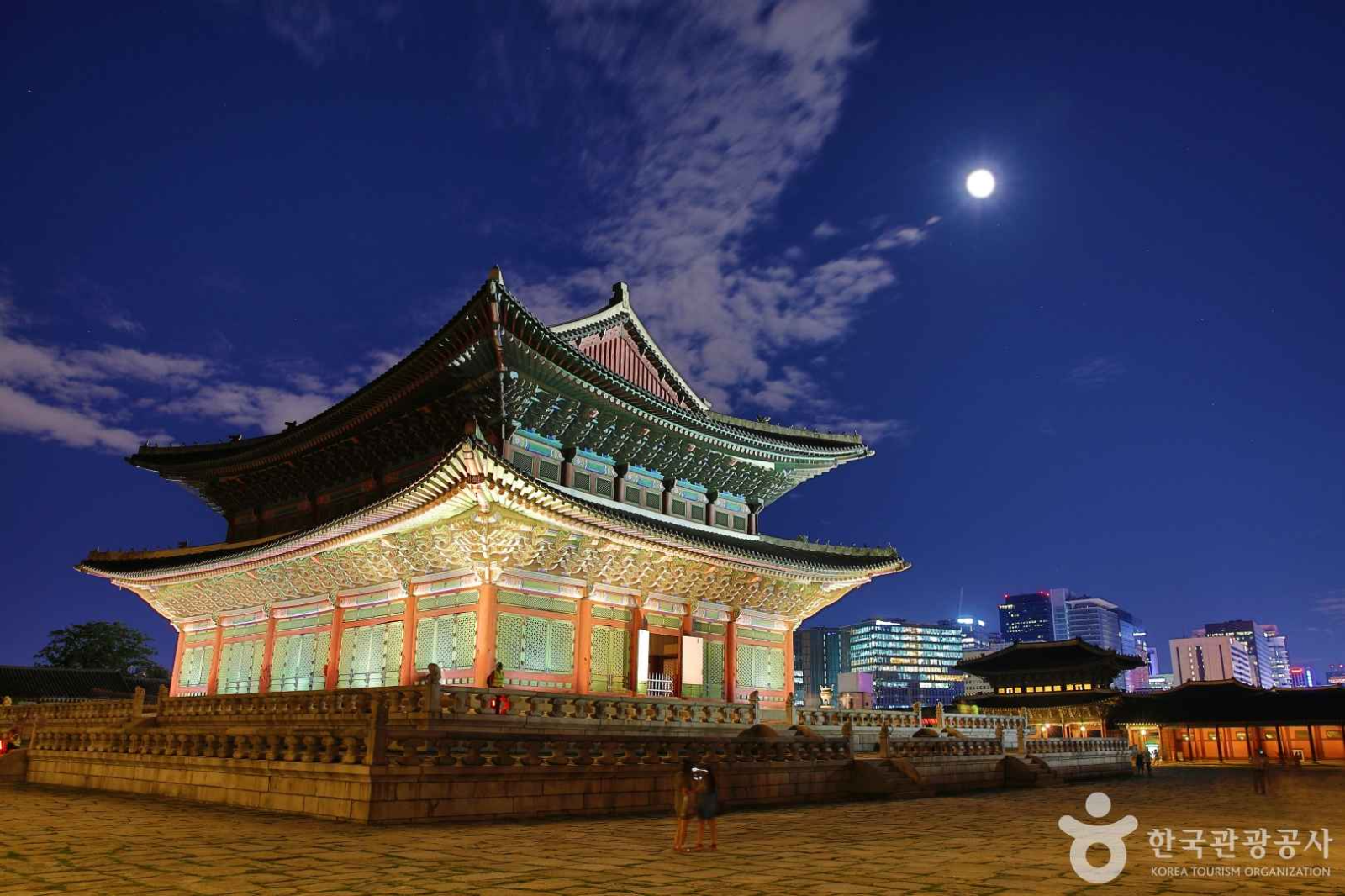









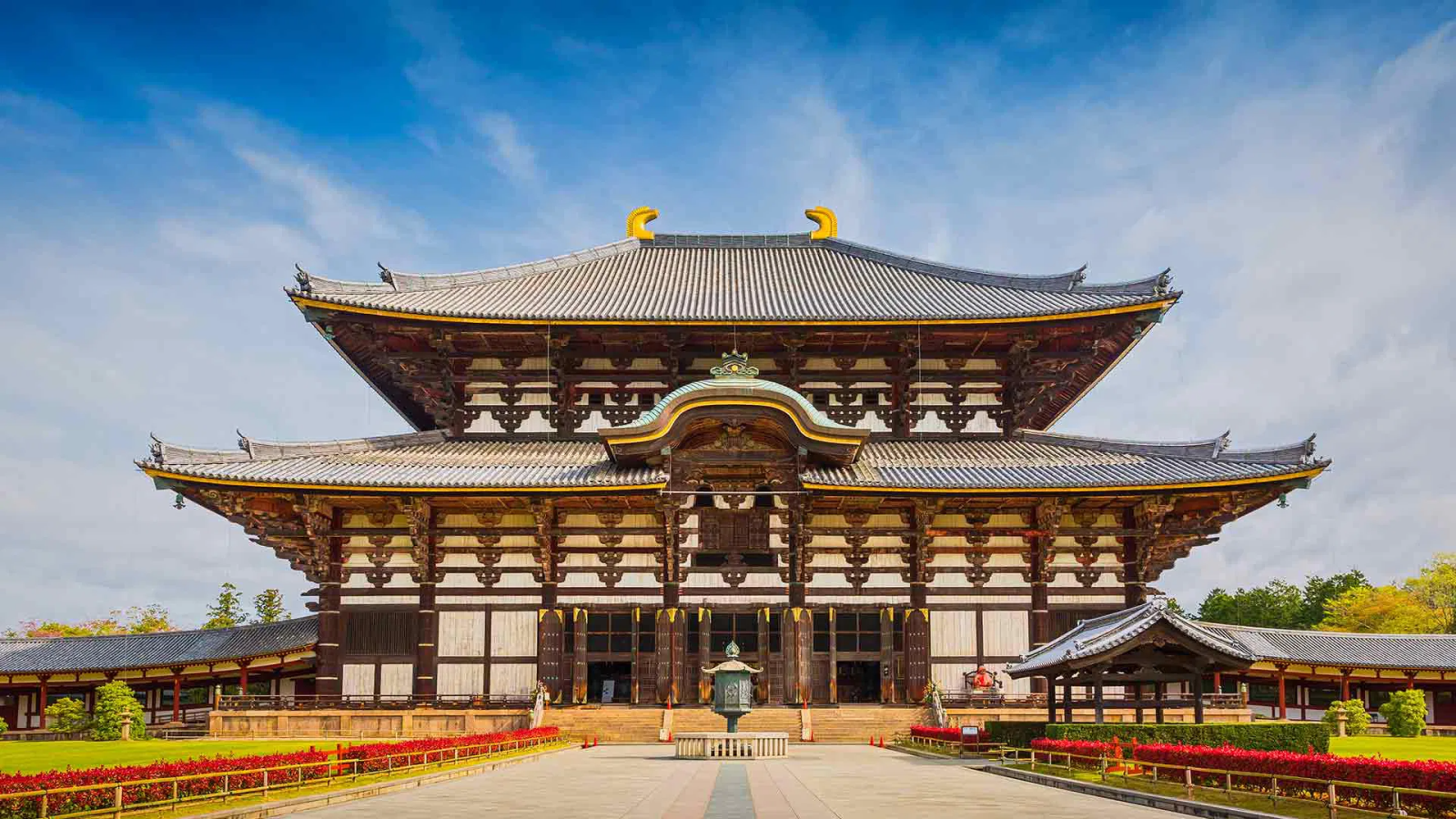
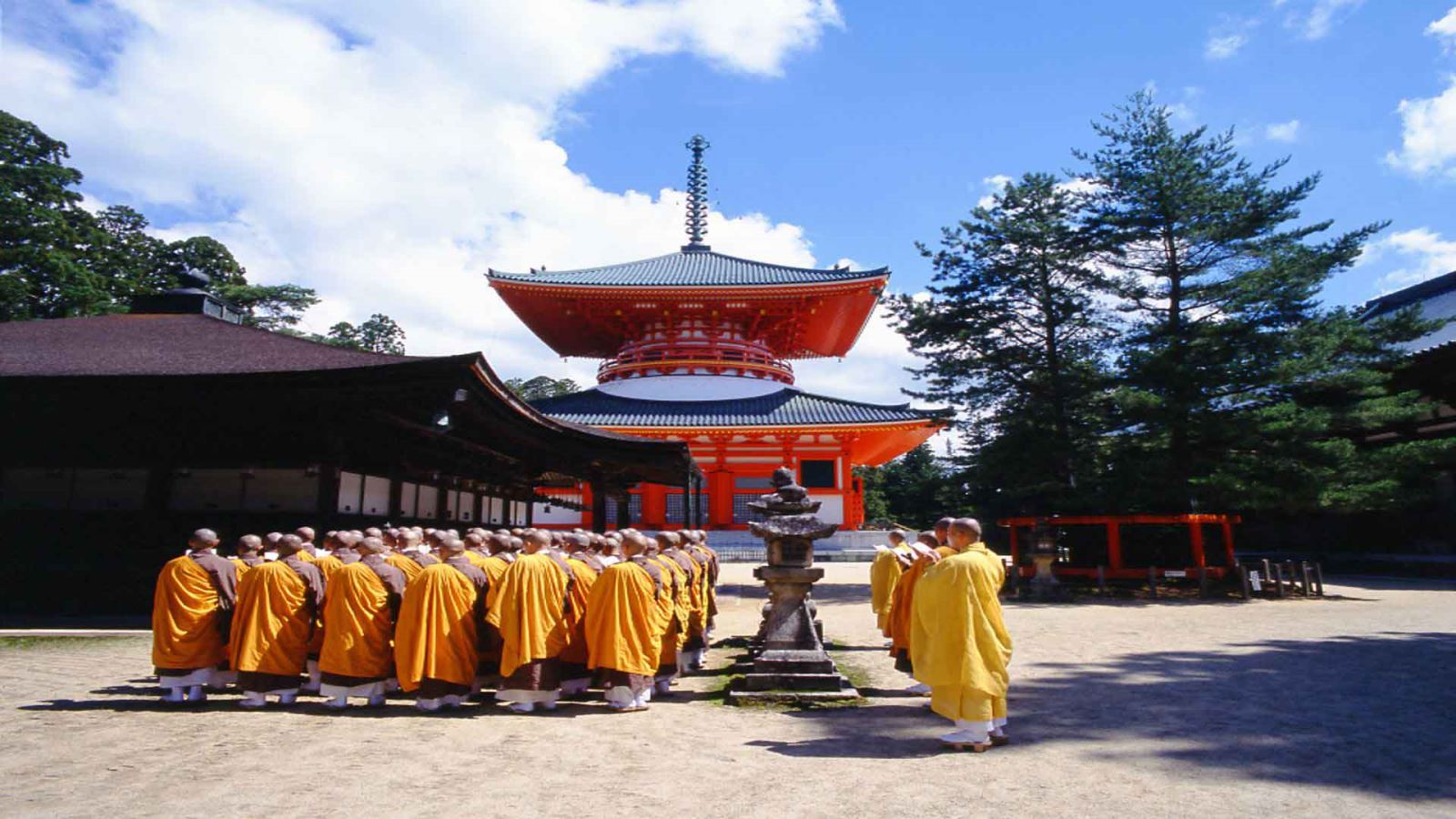

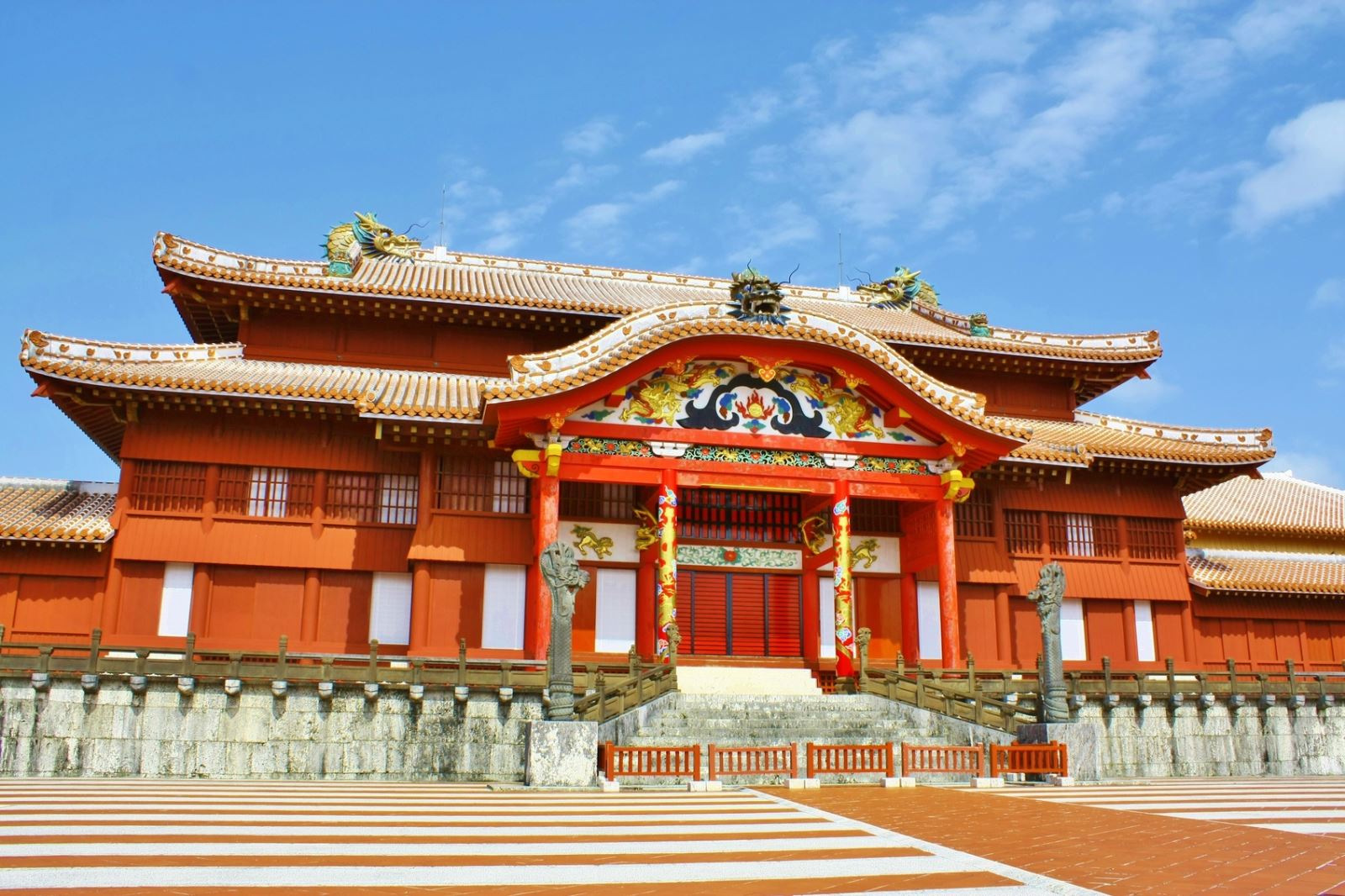
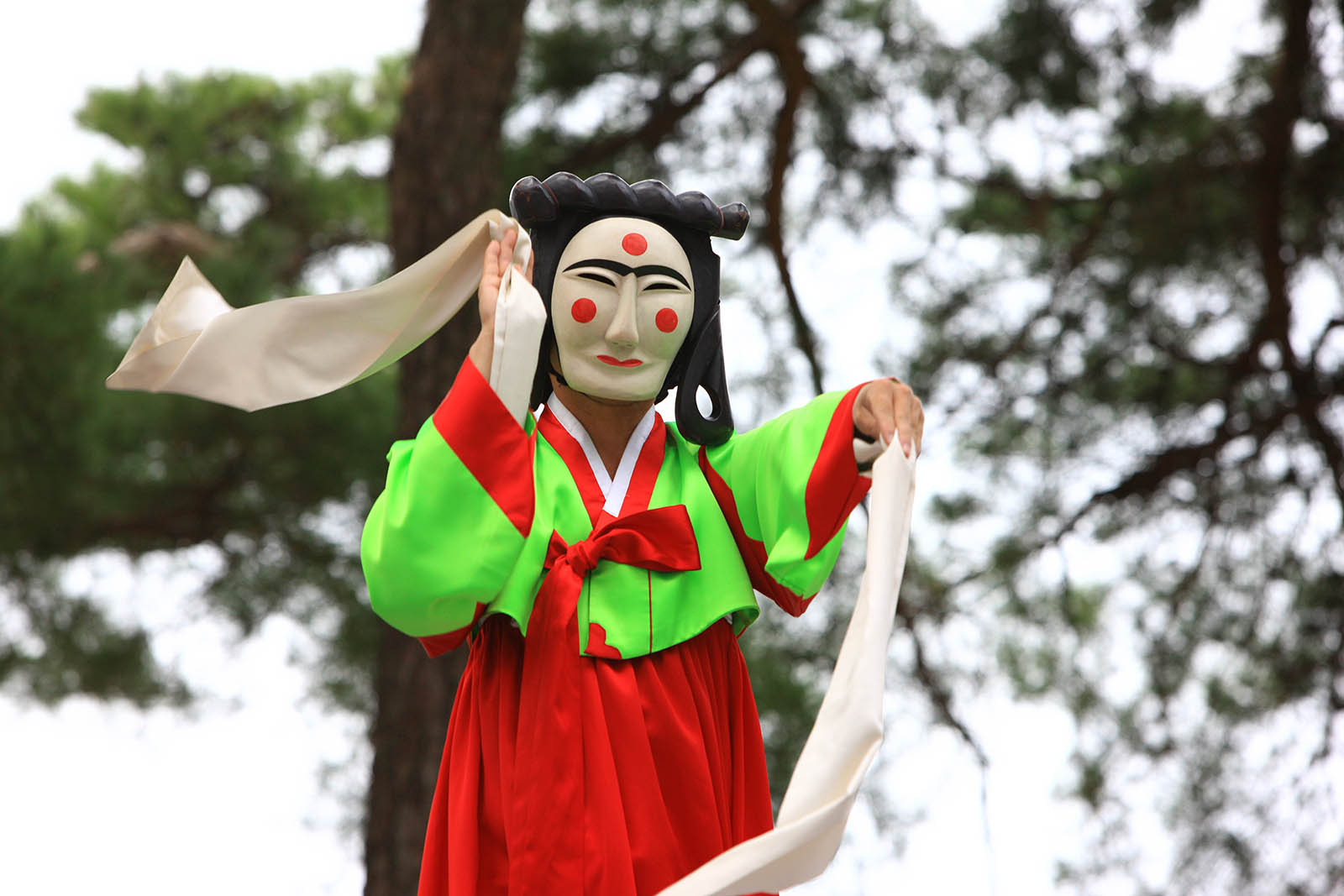
.jpg)


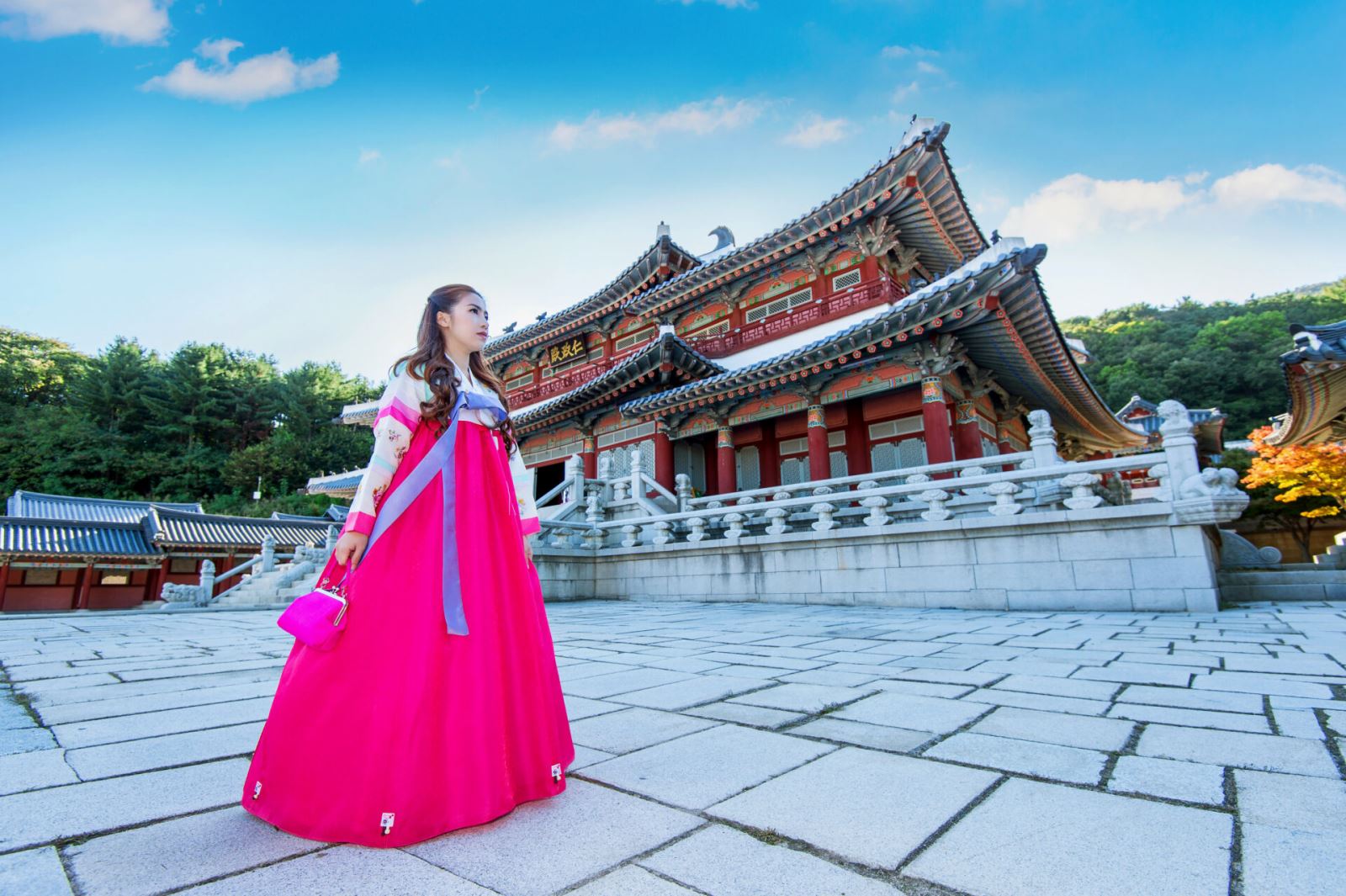











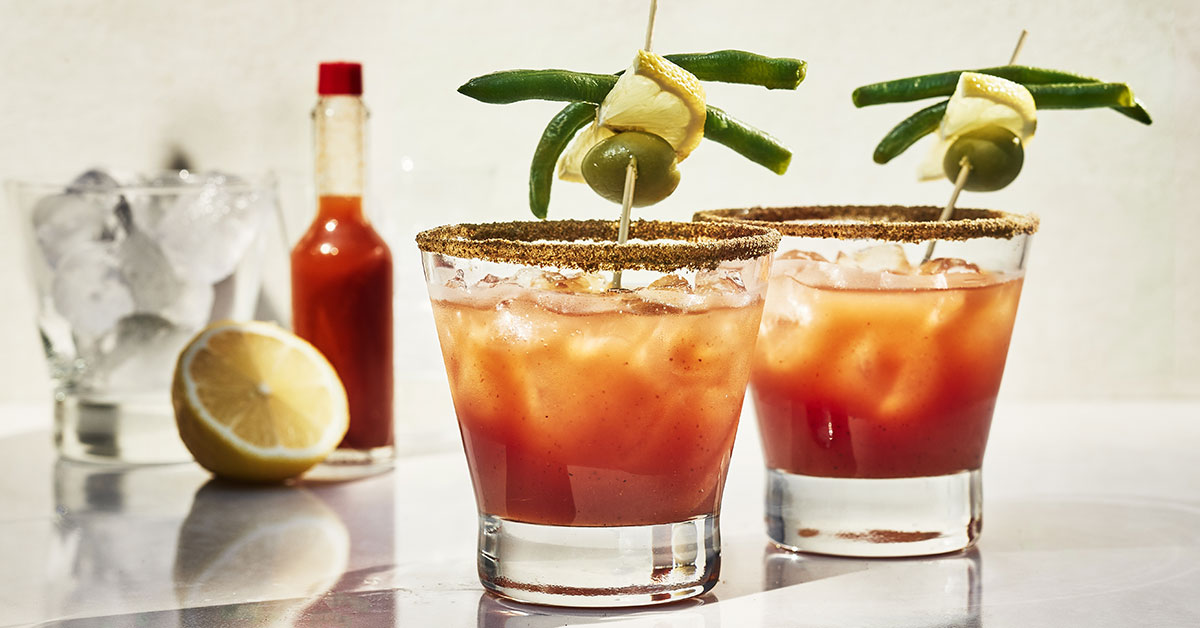








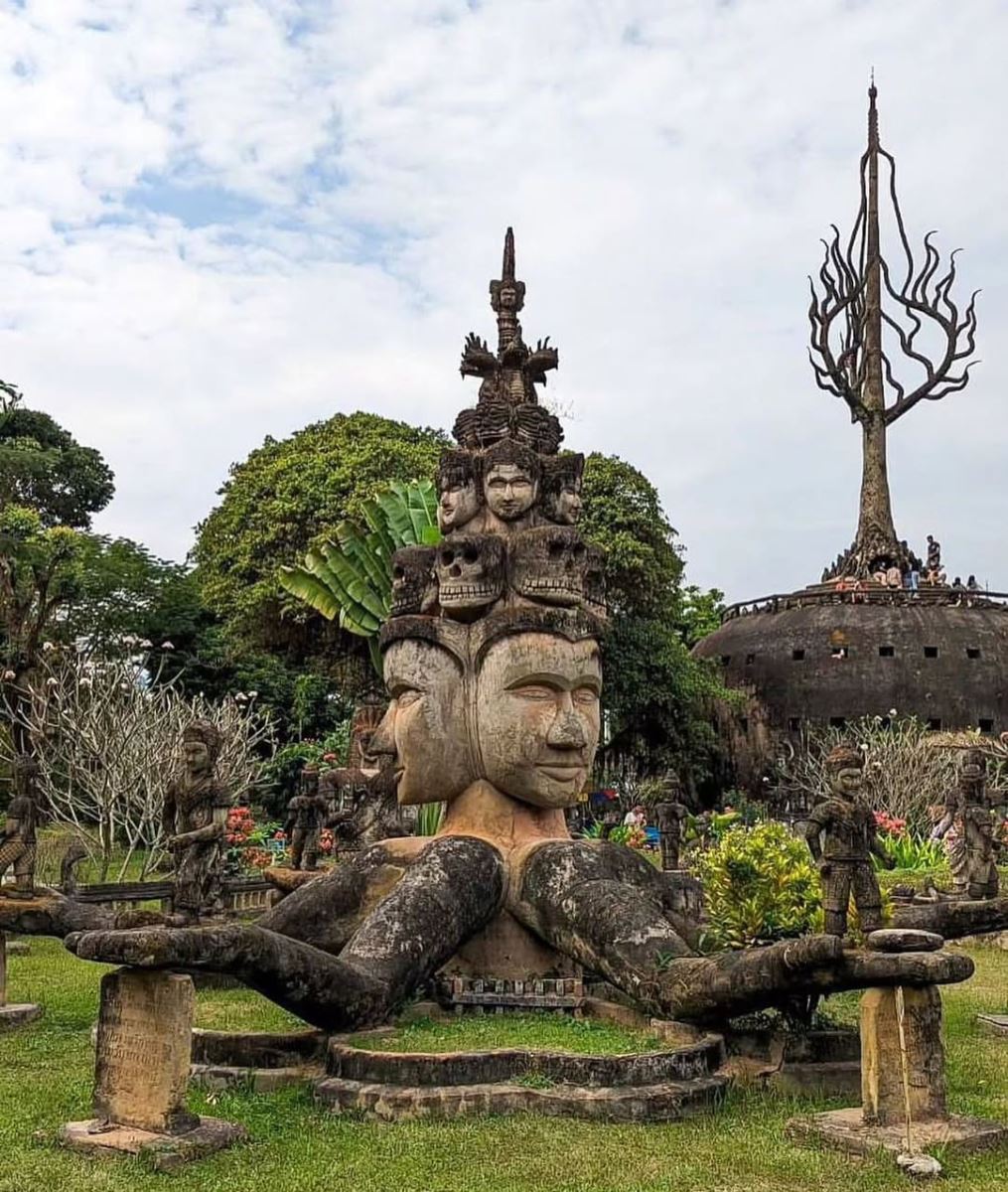








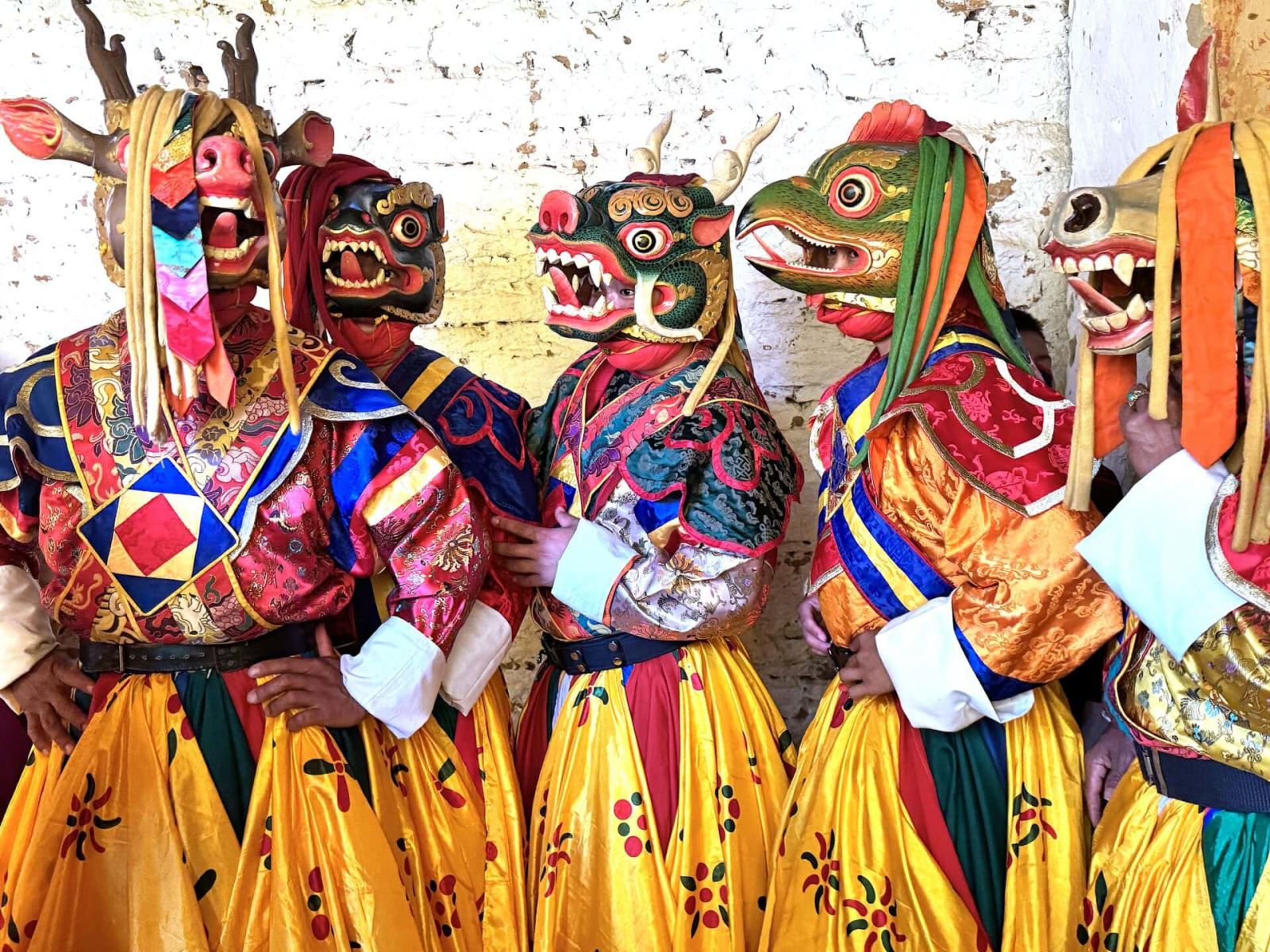






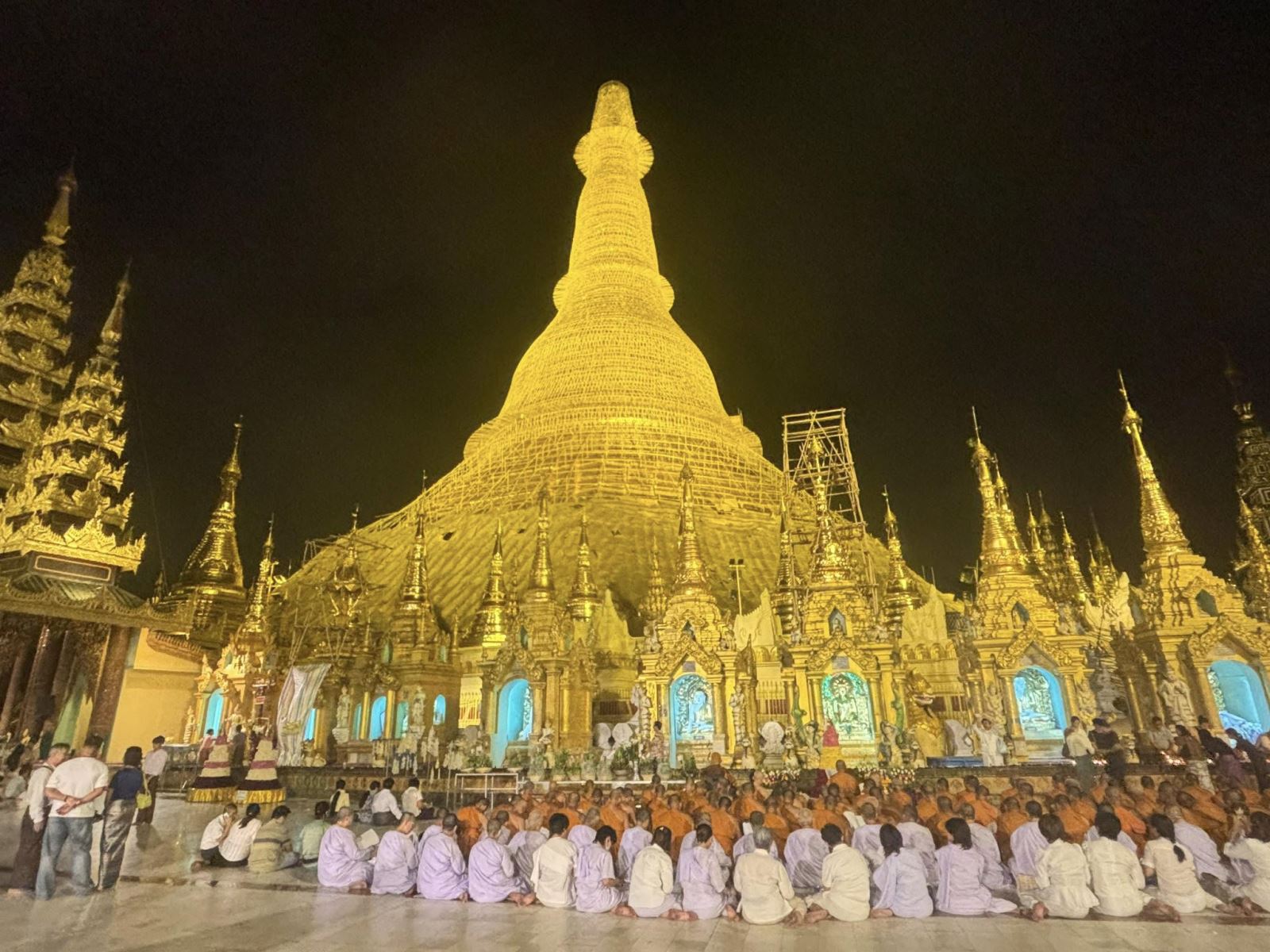





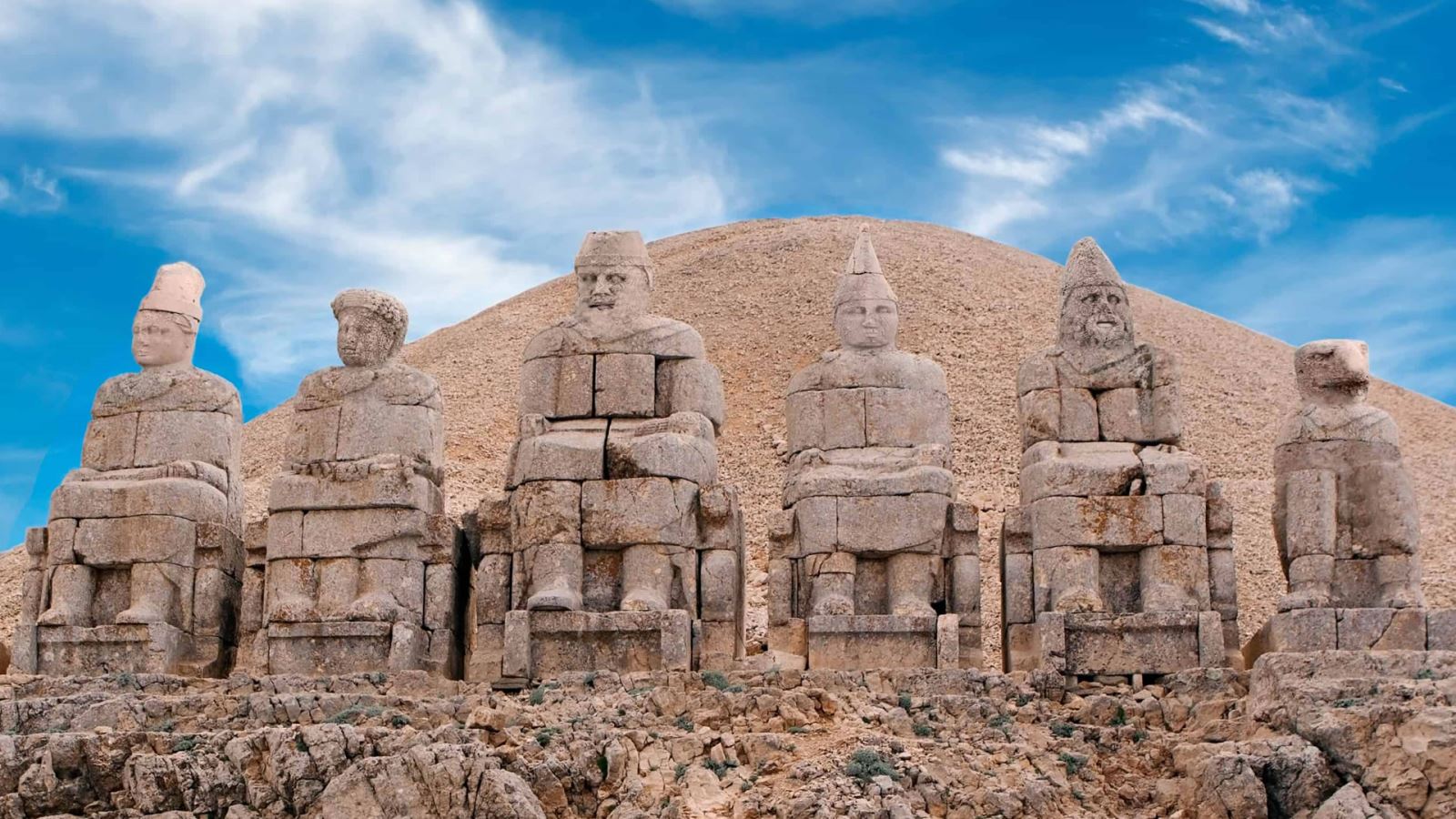






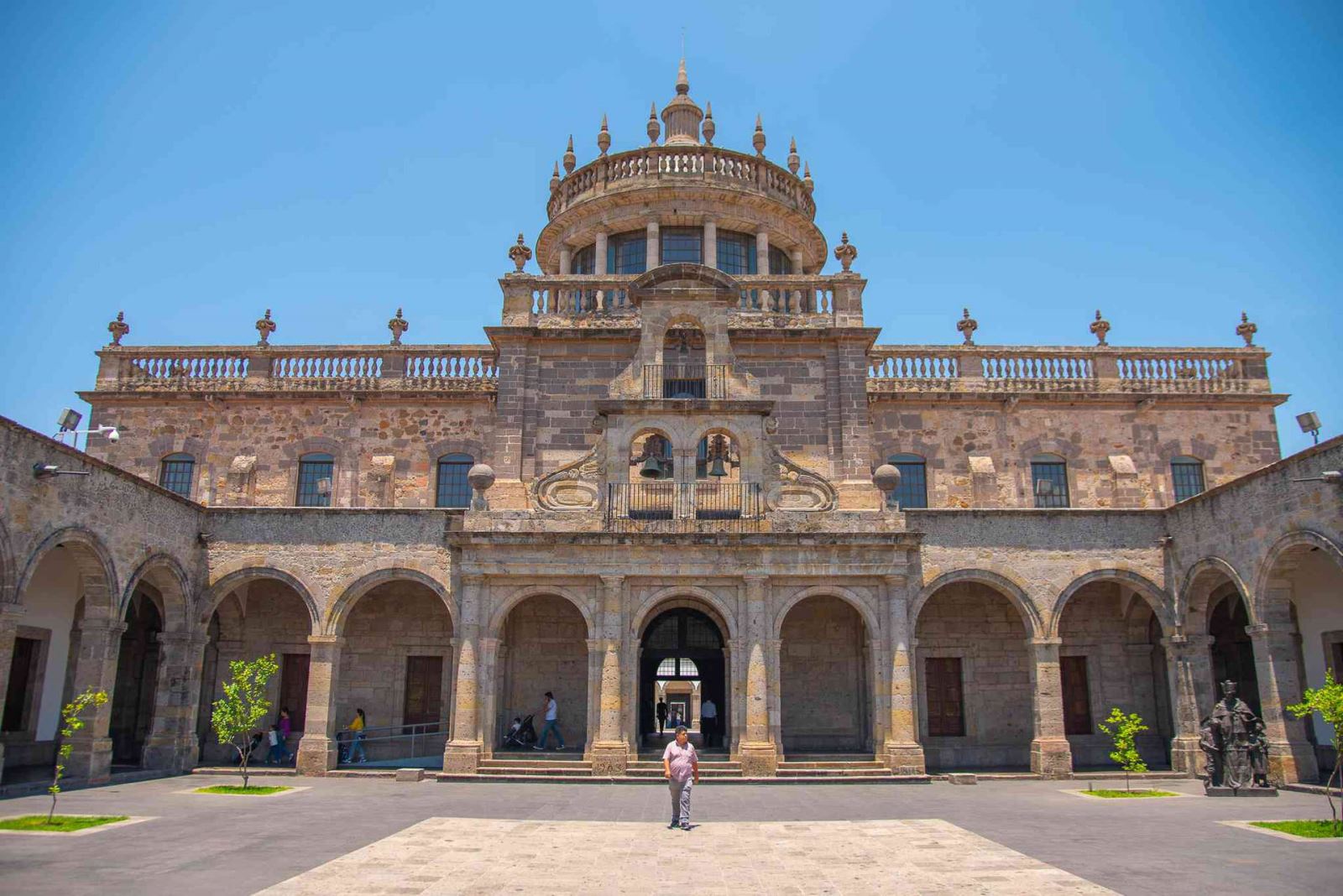
















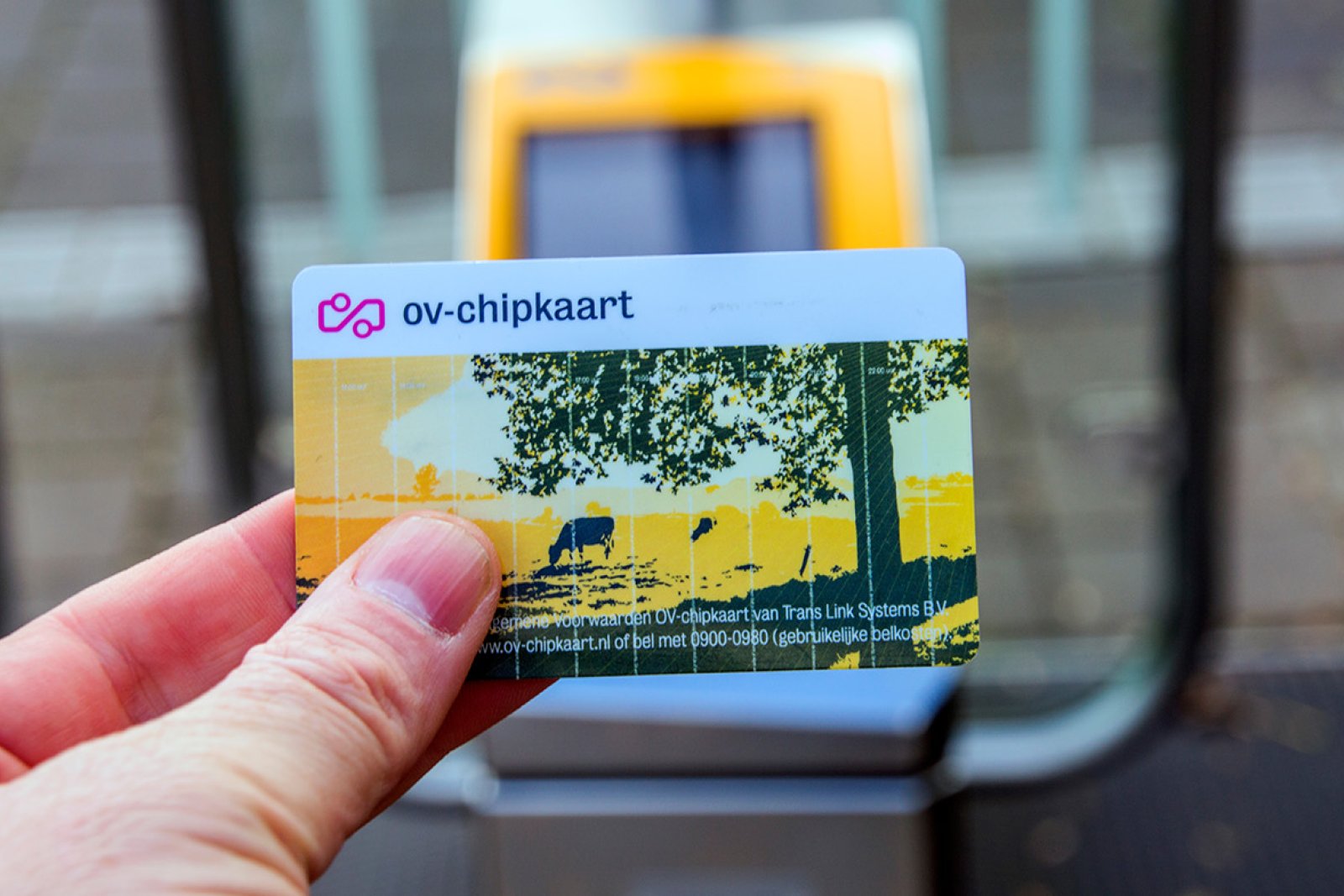





















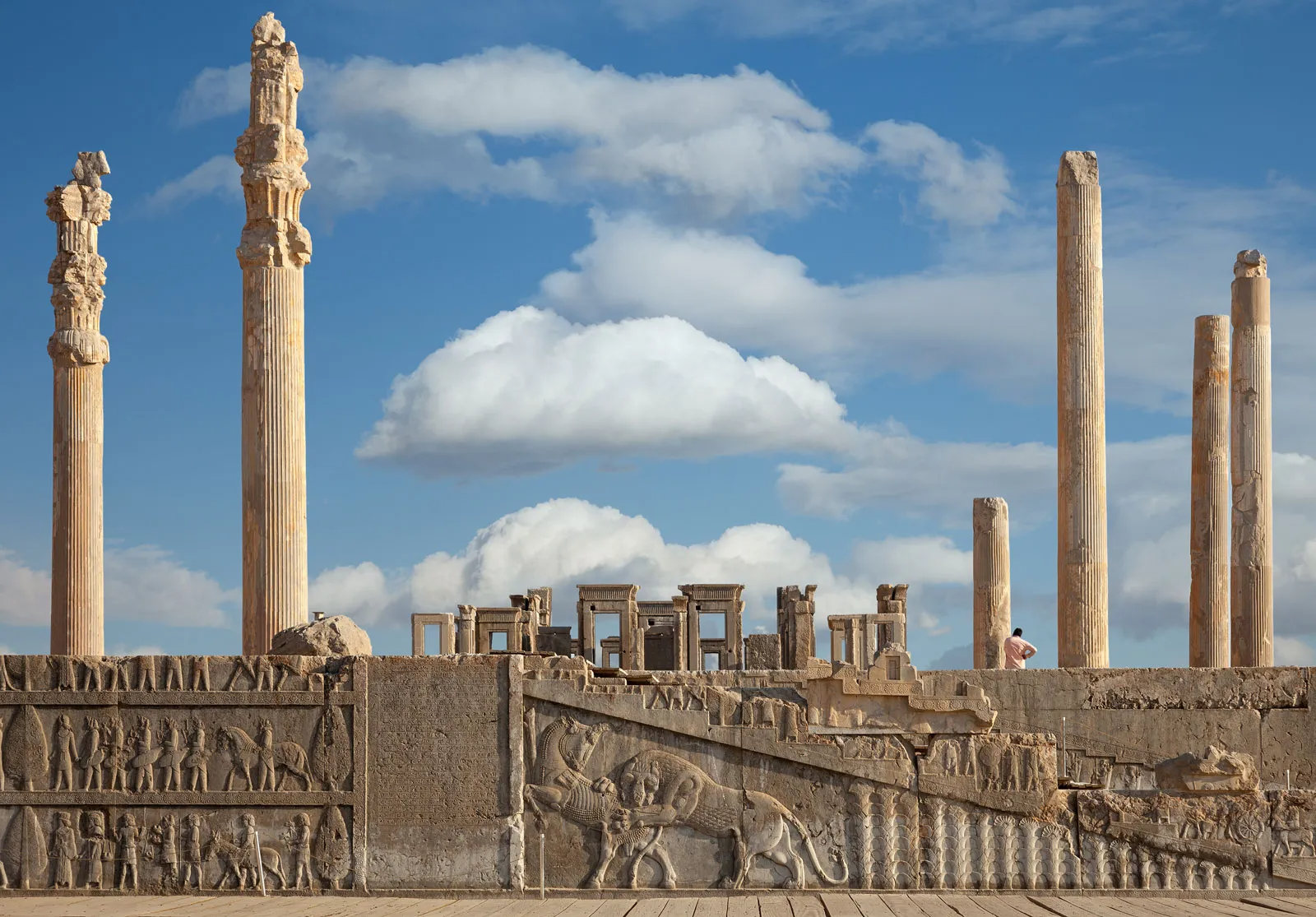

.png)